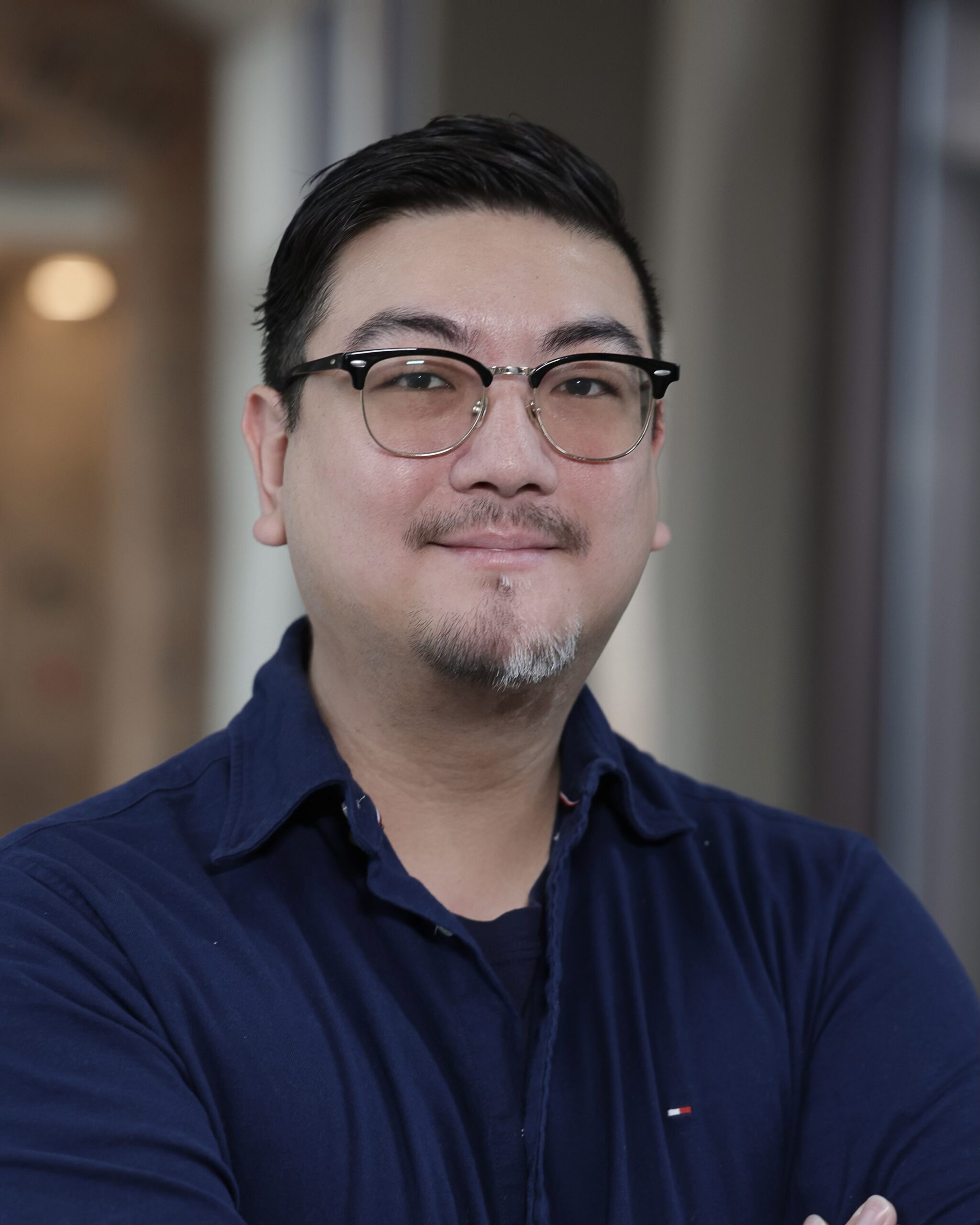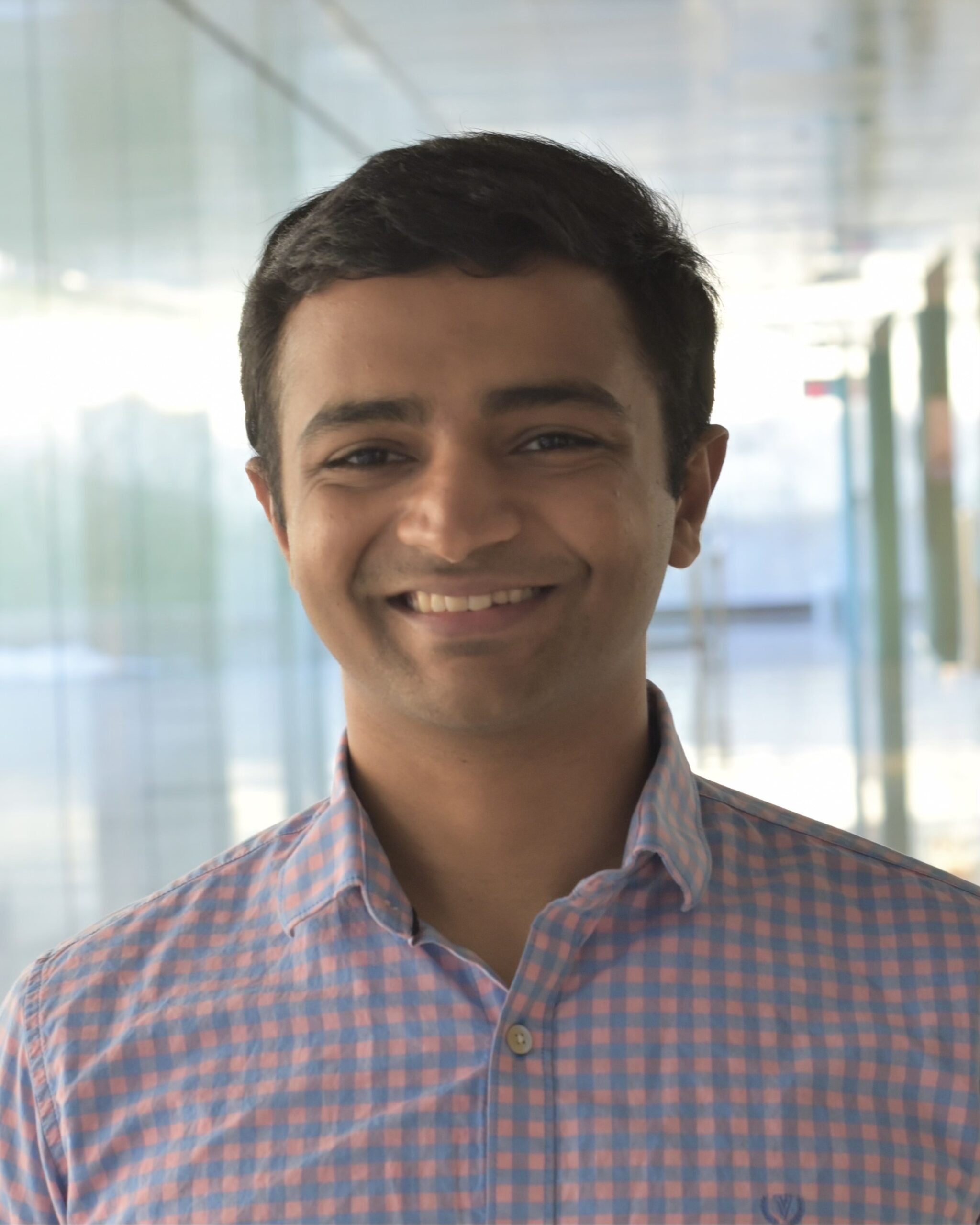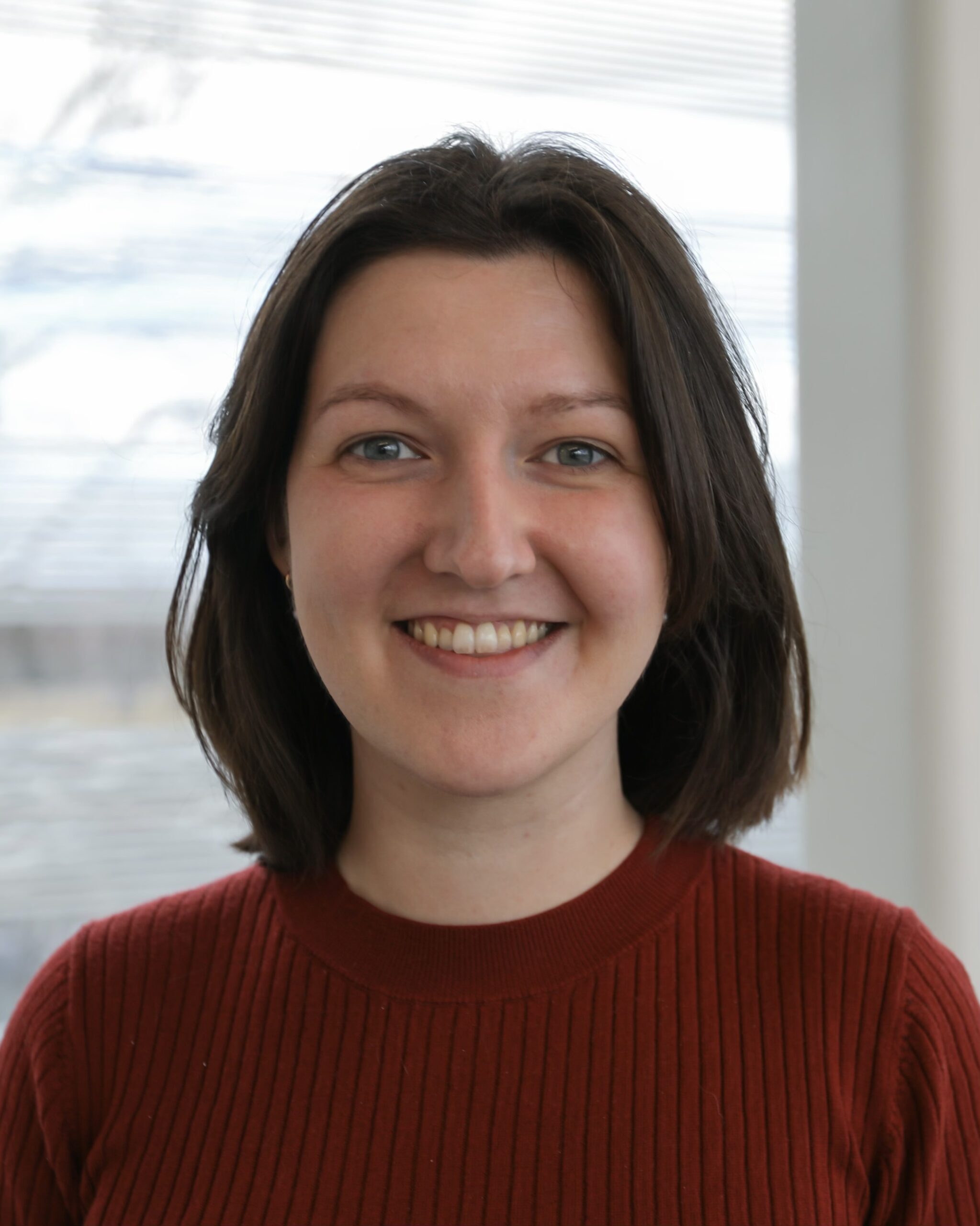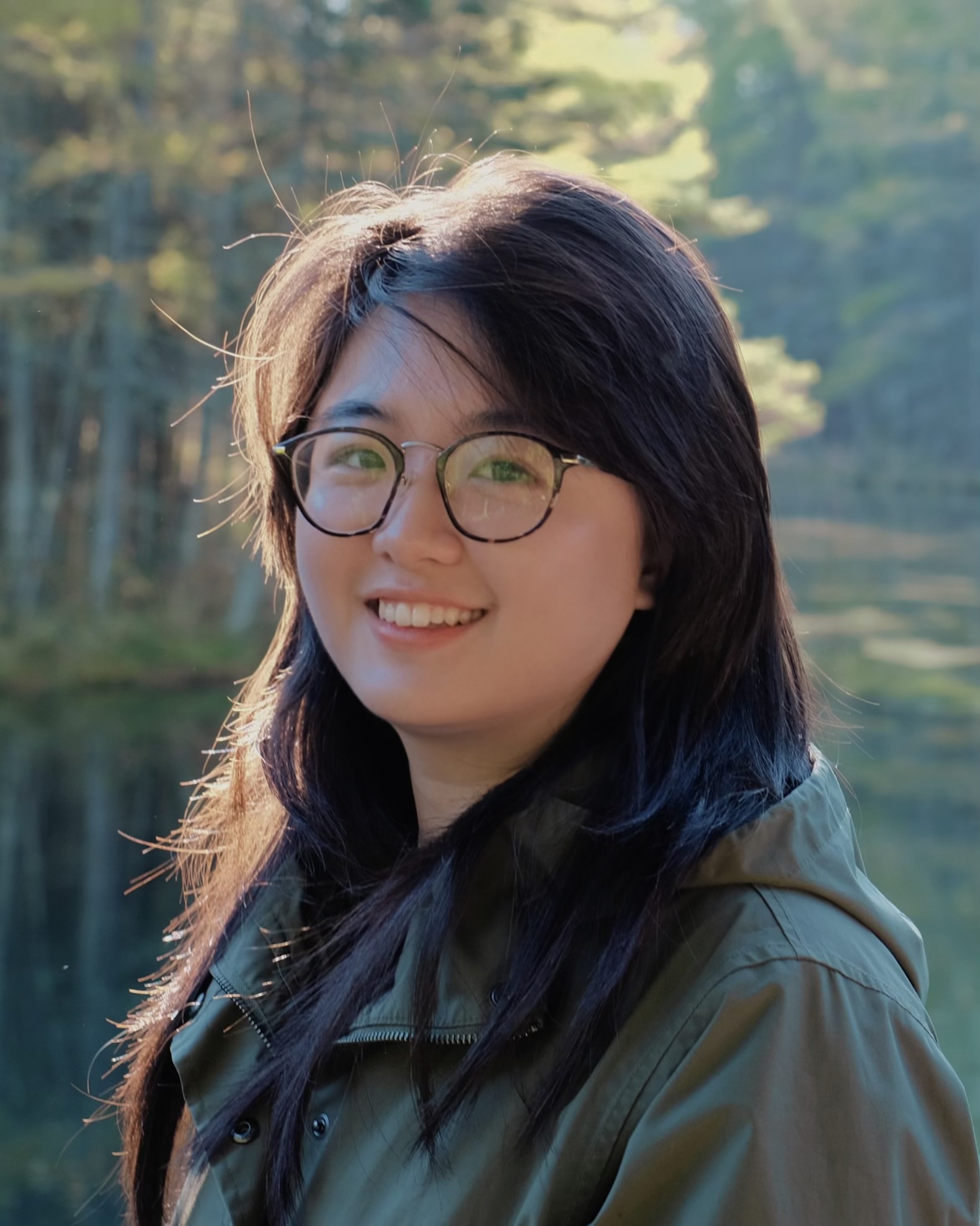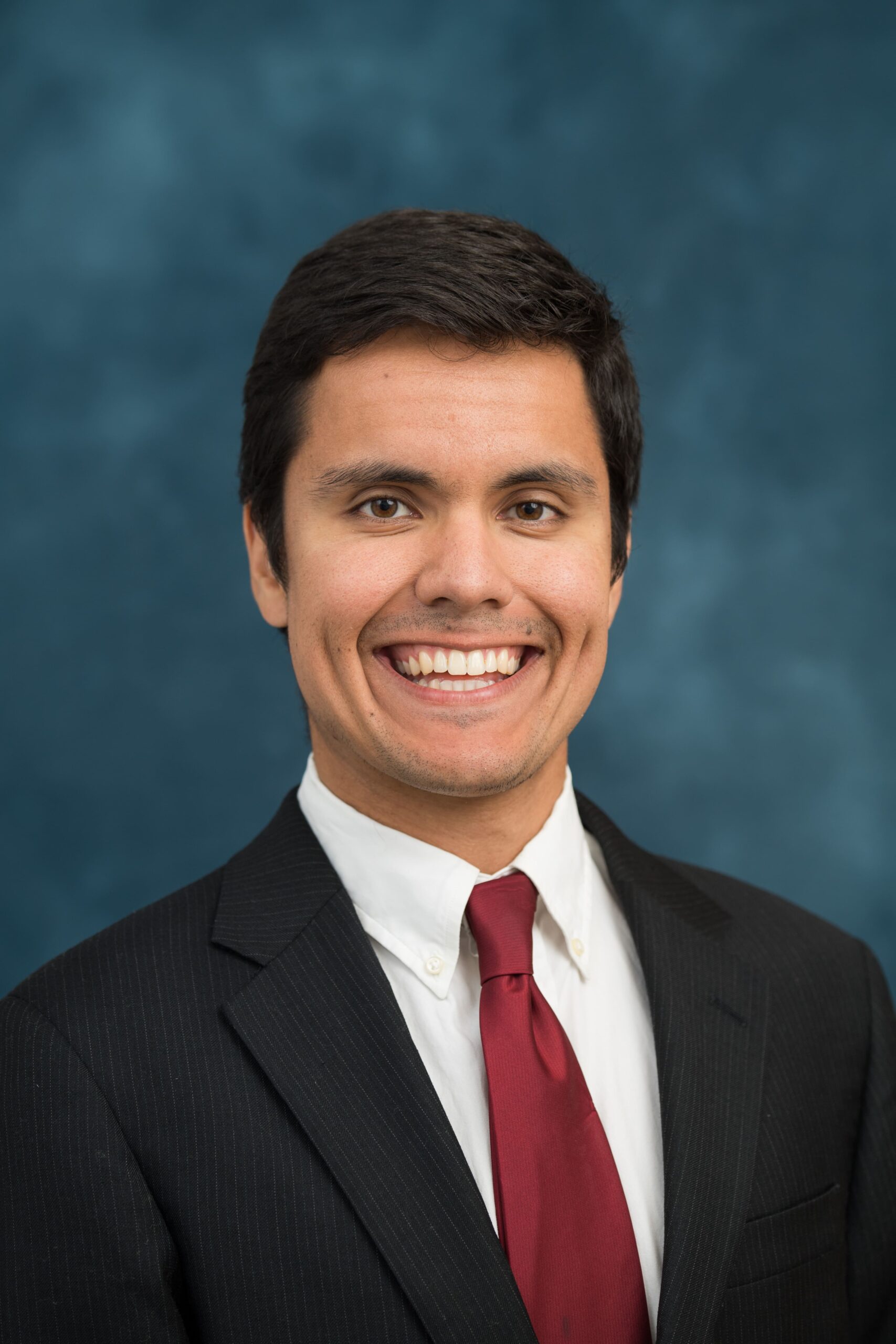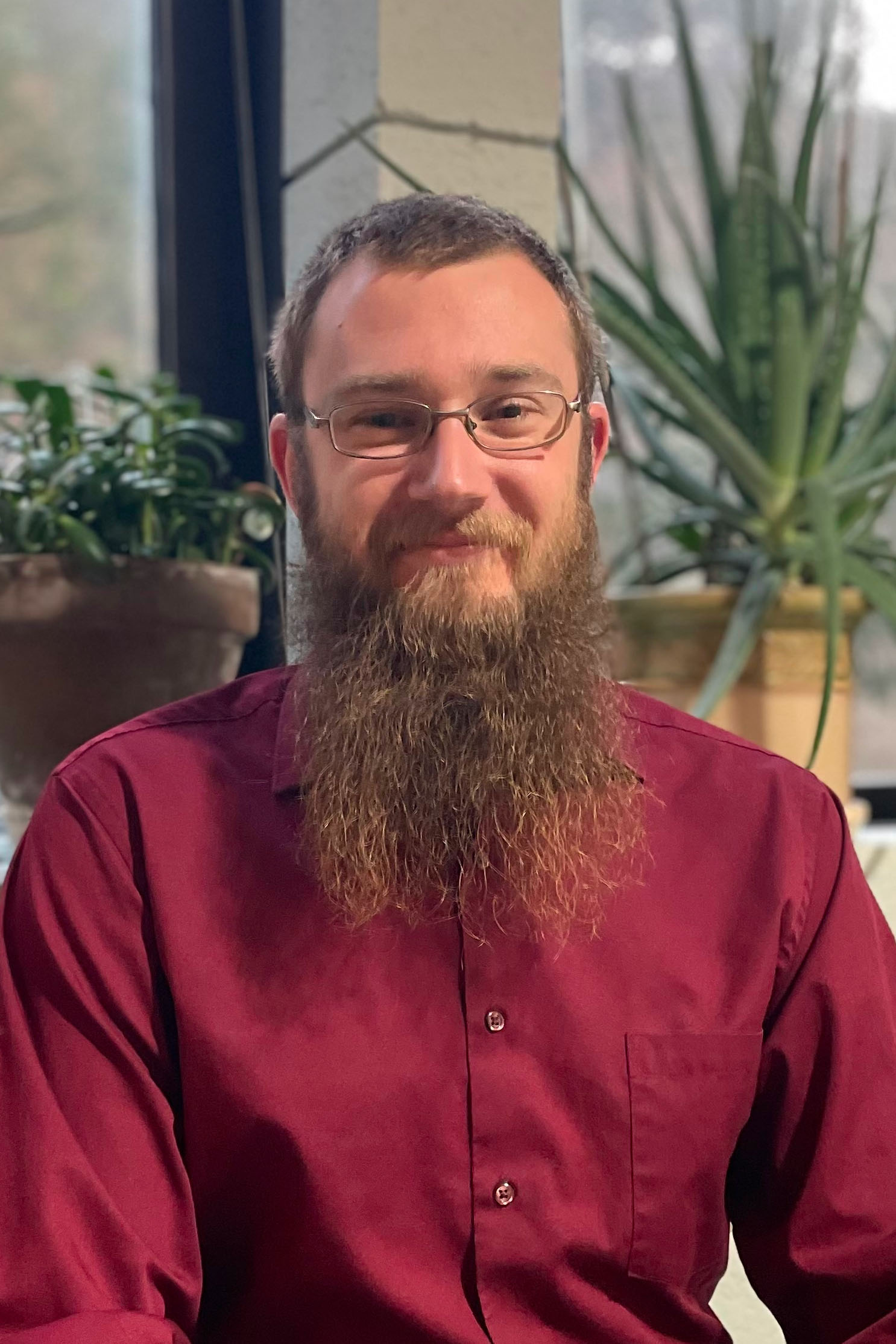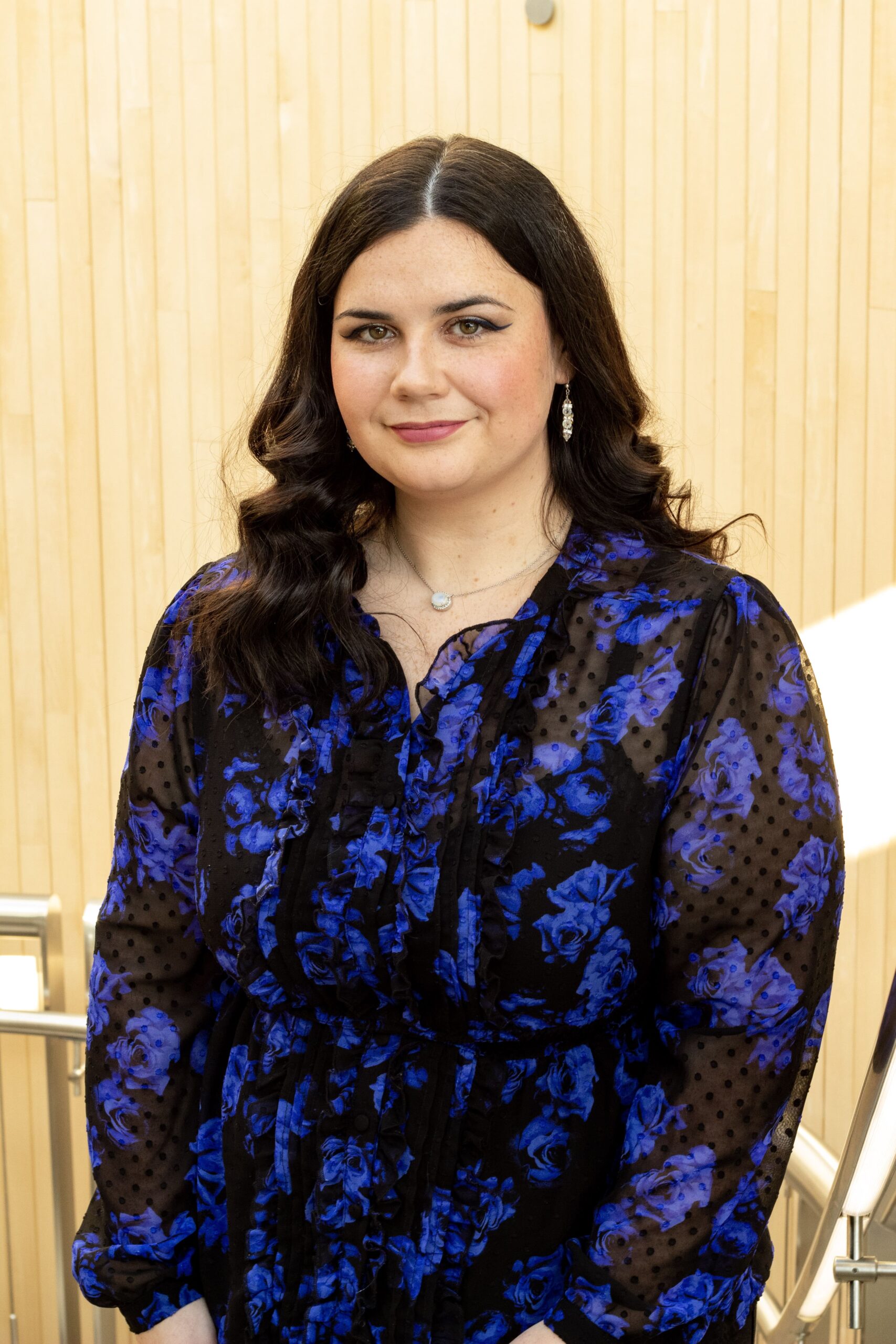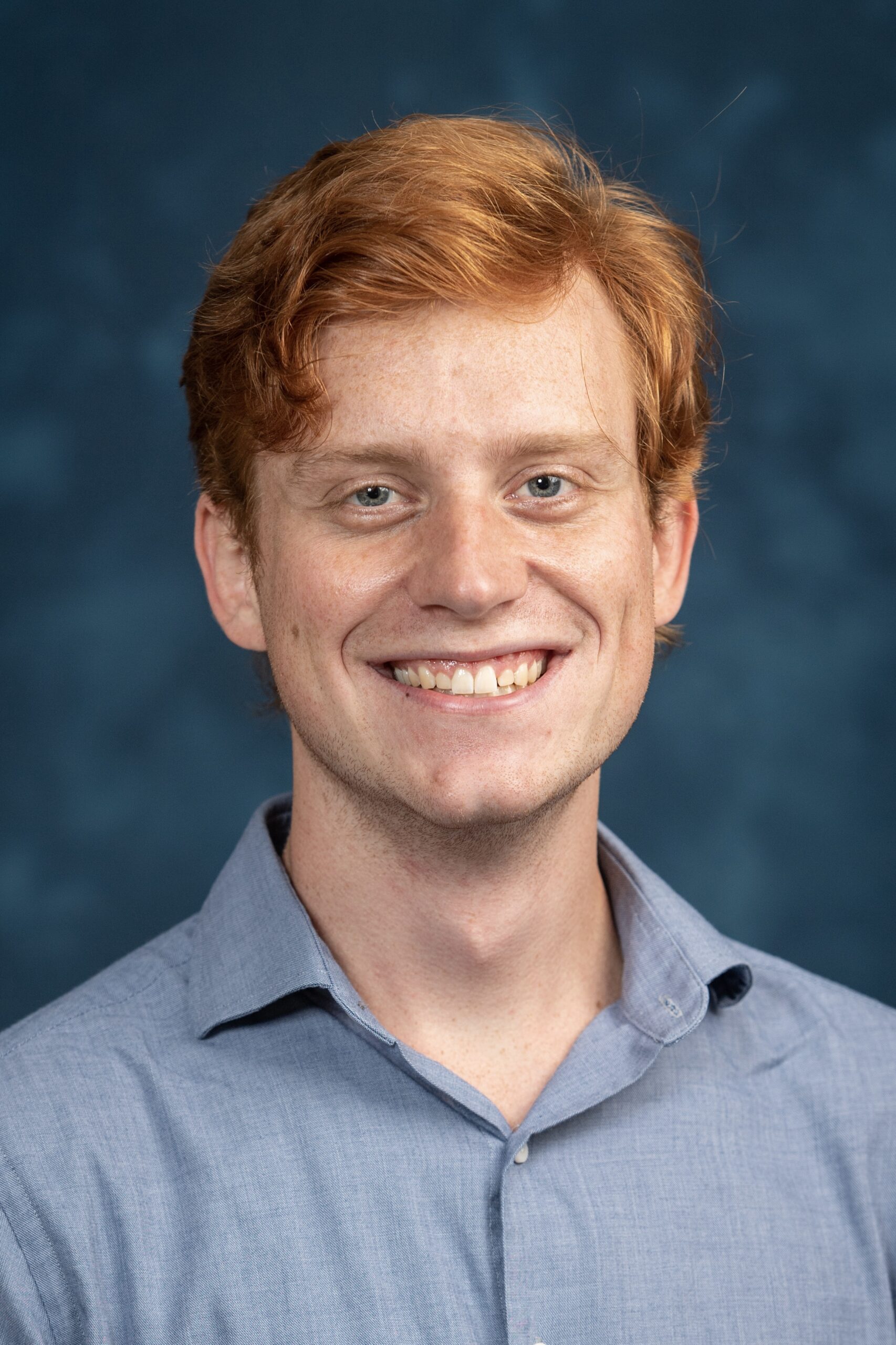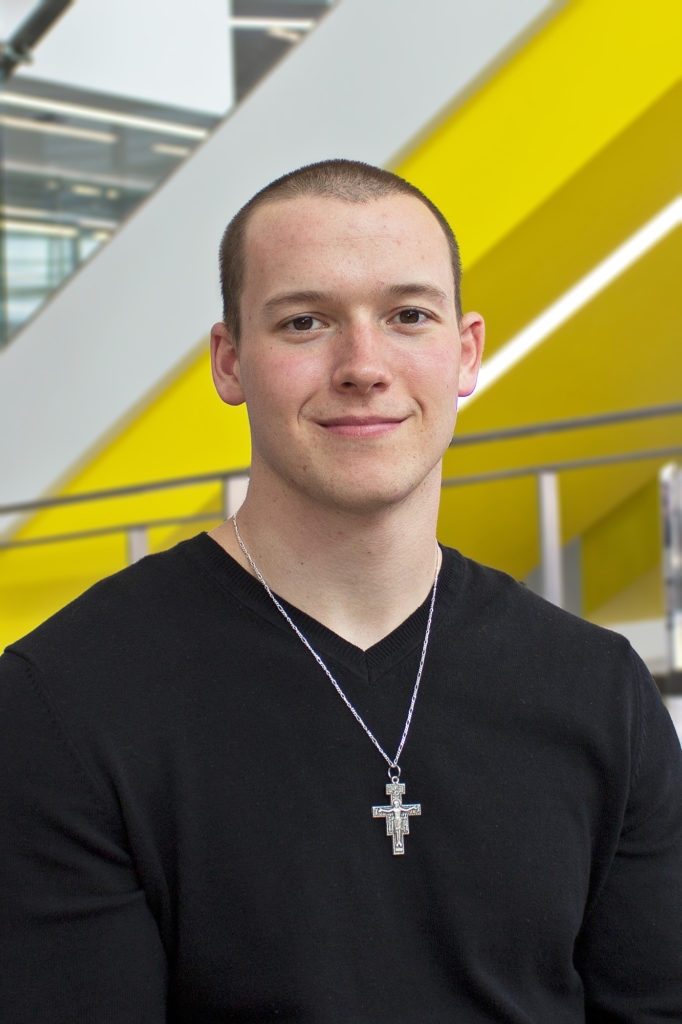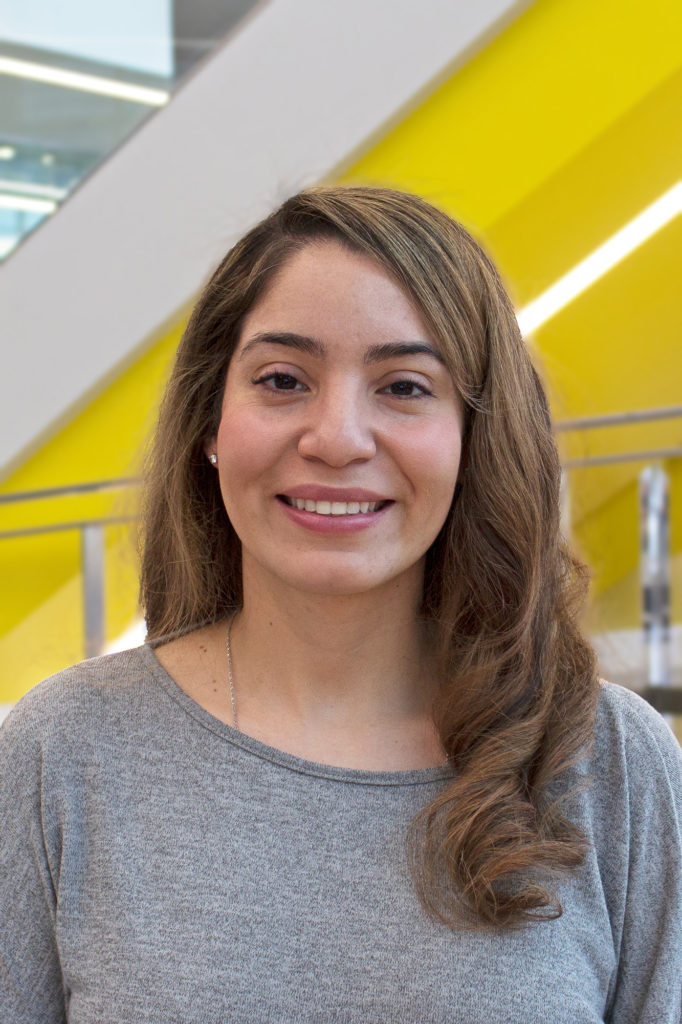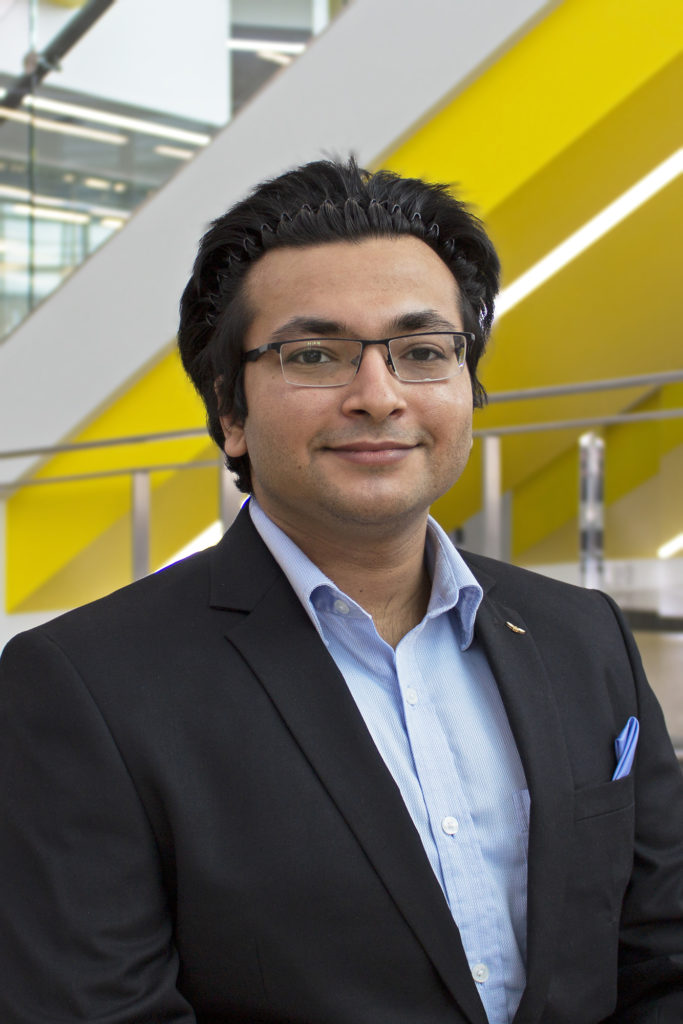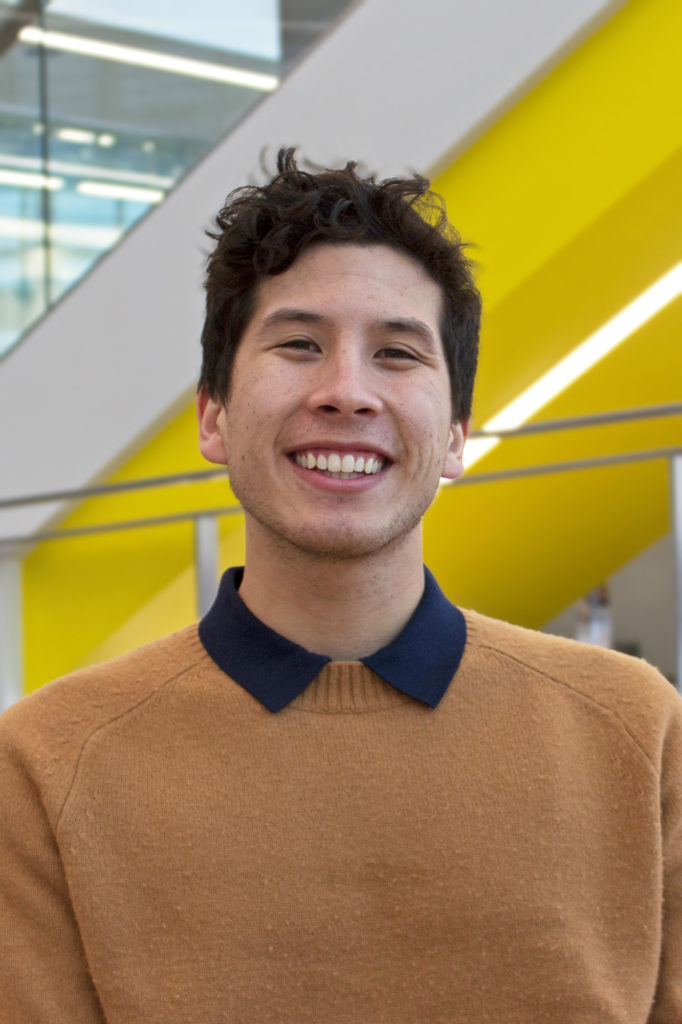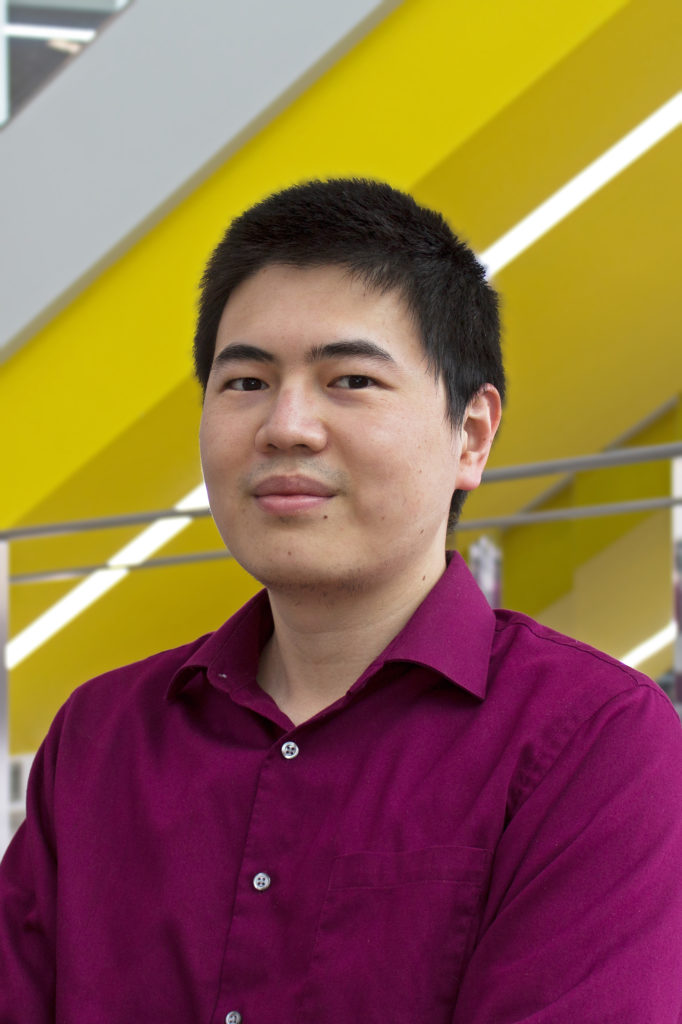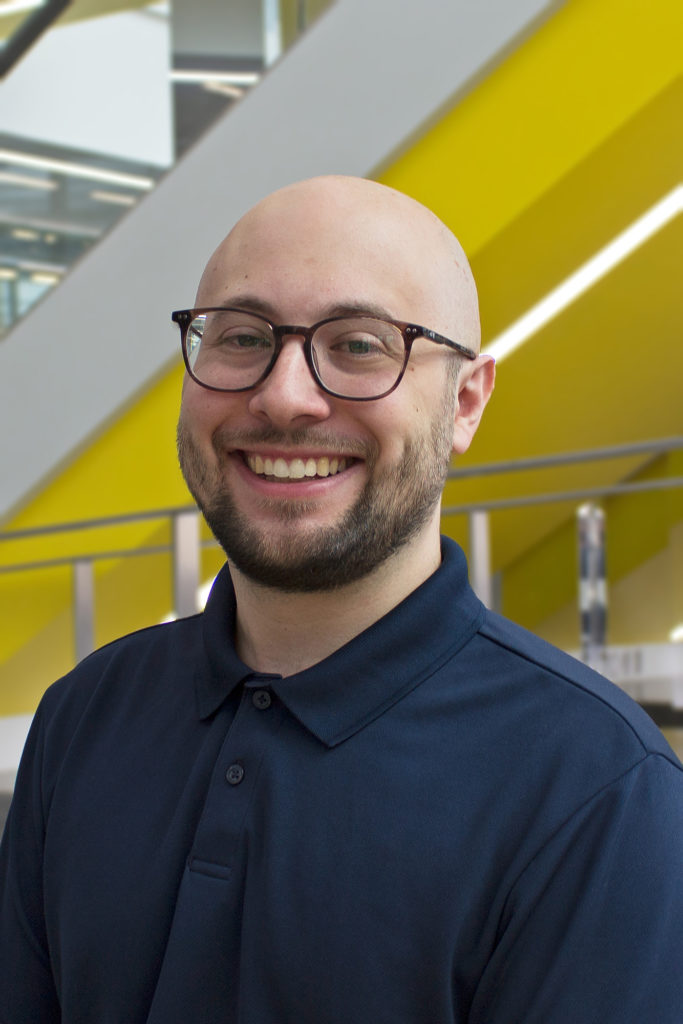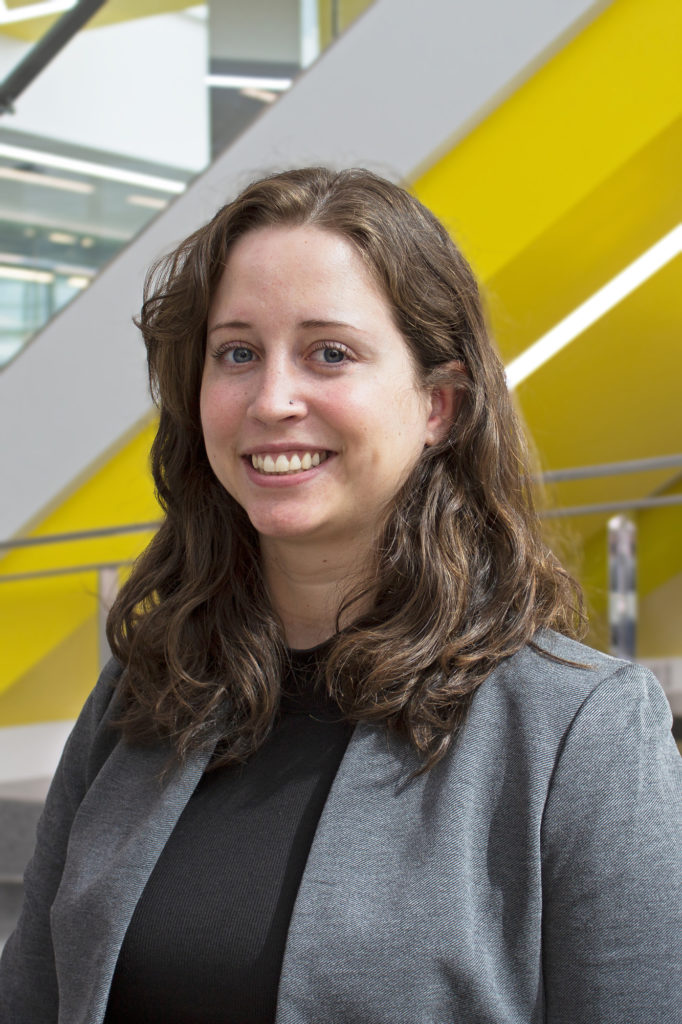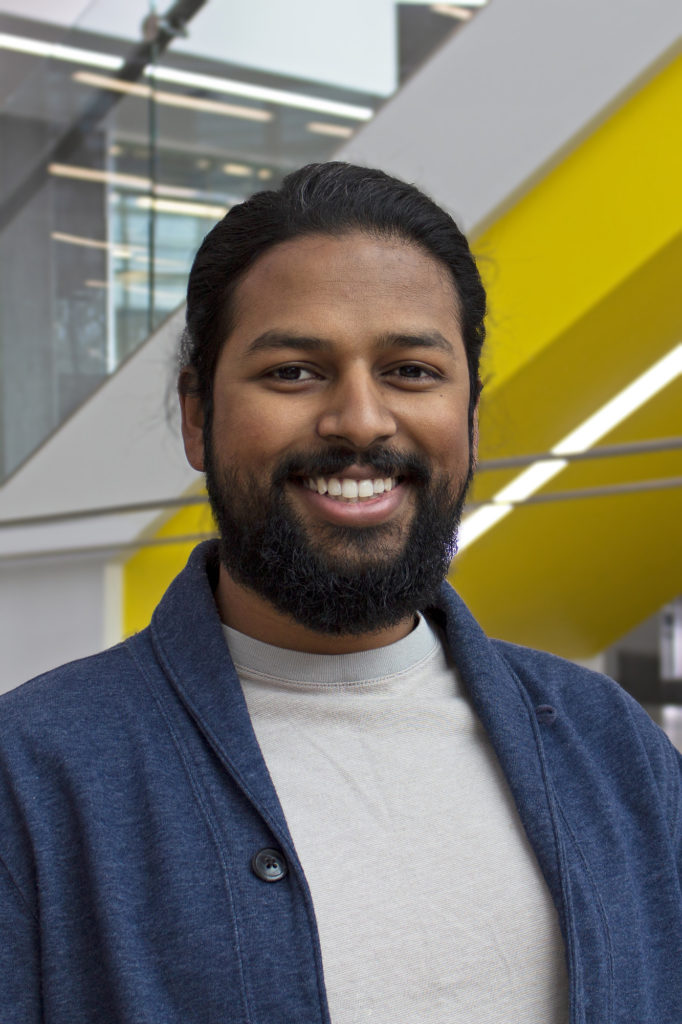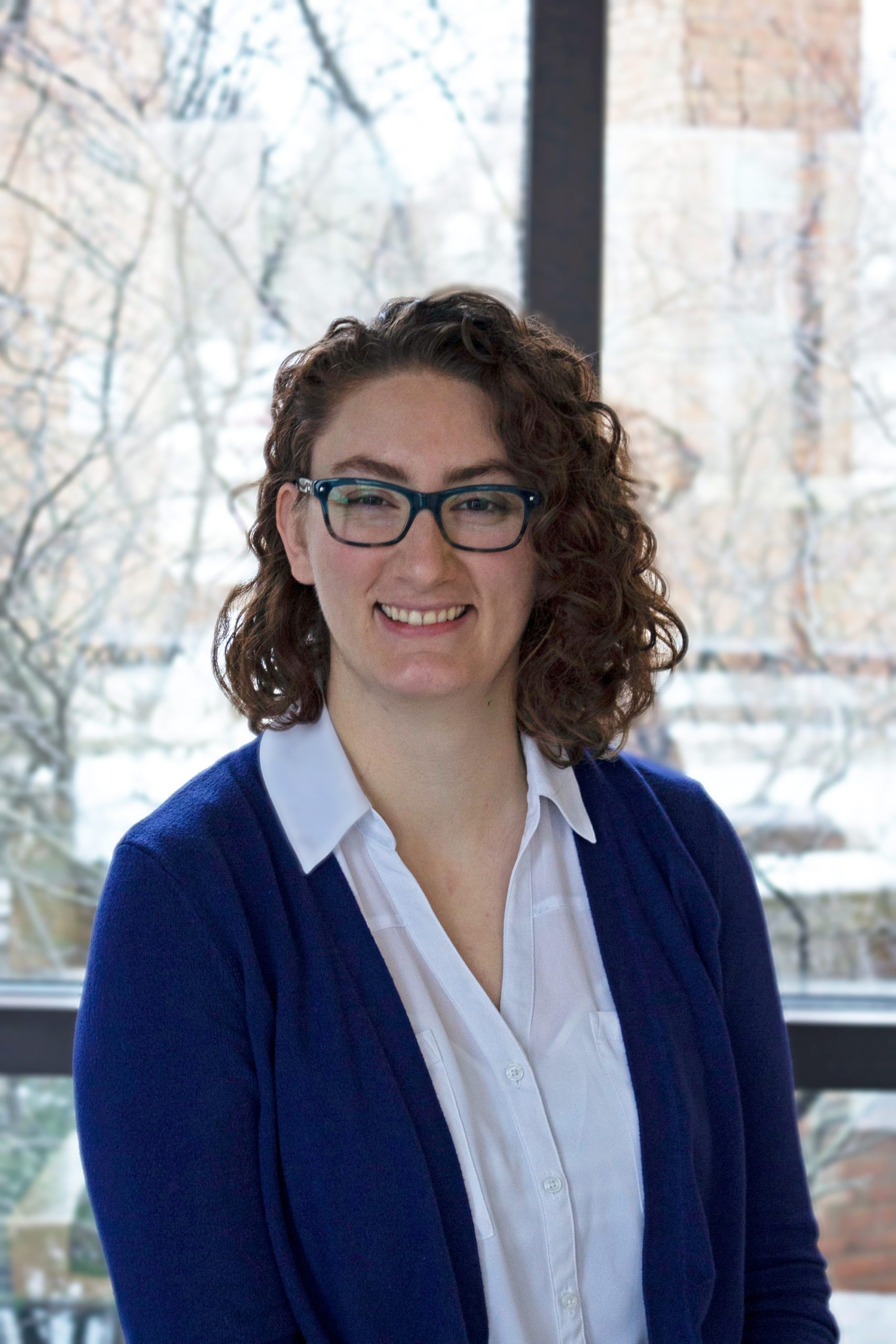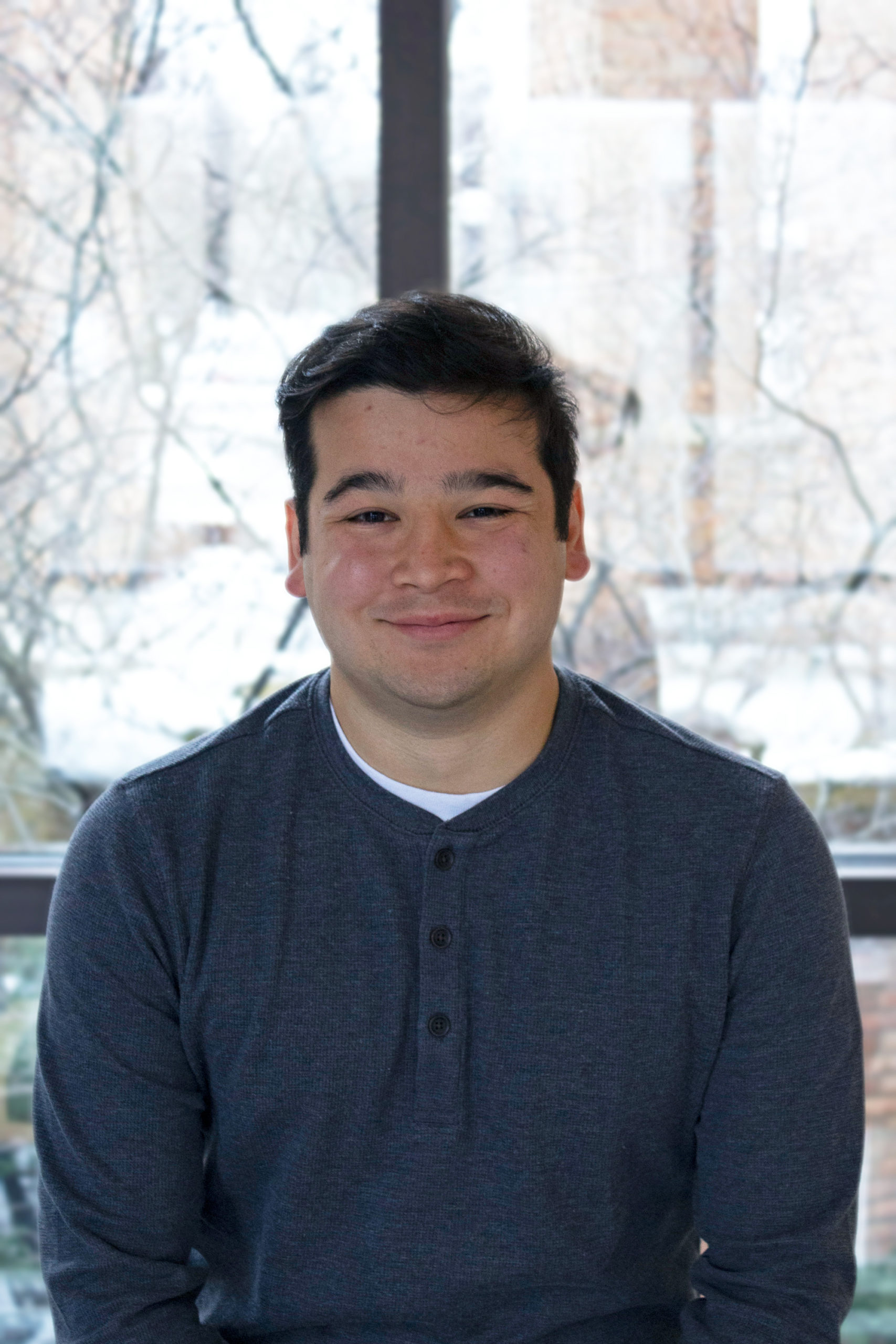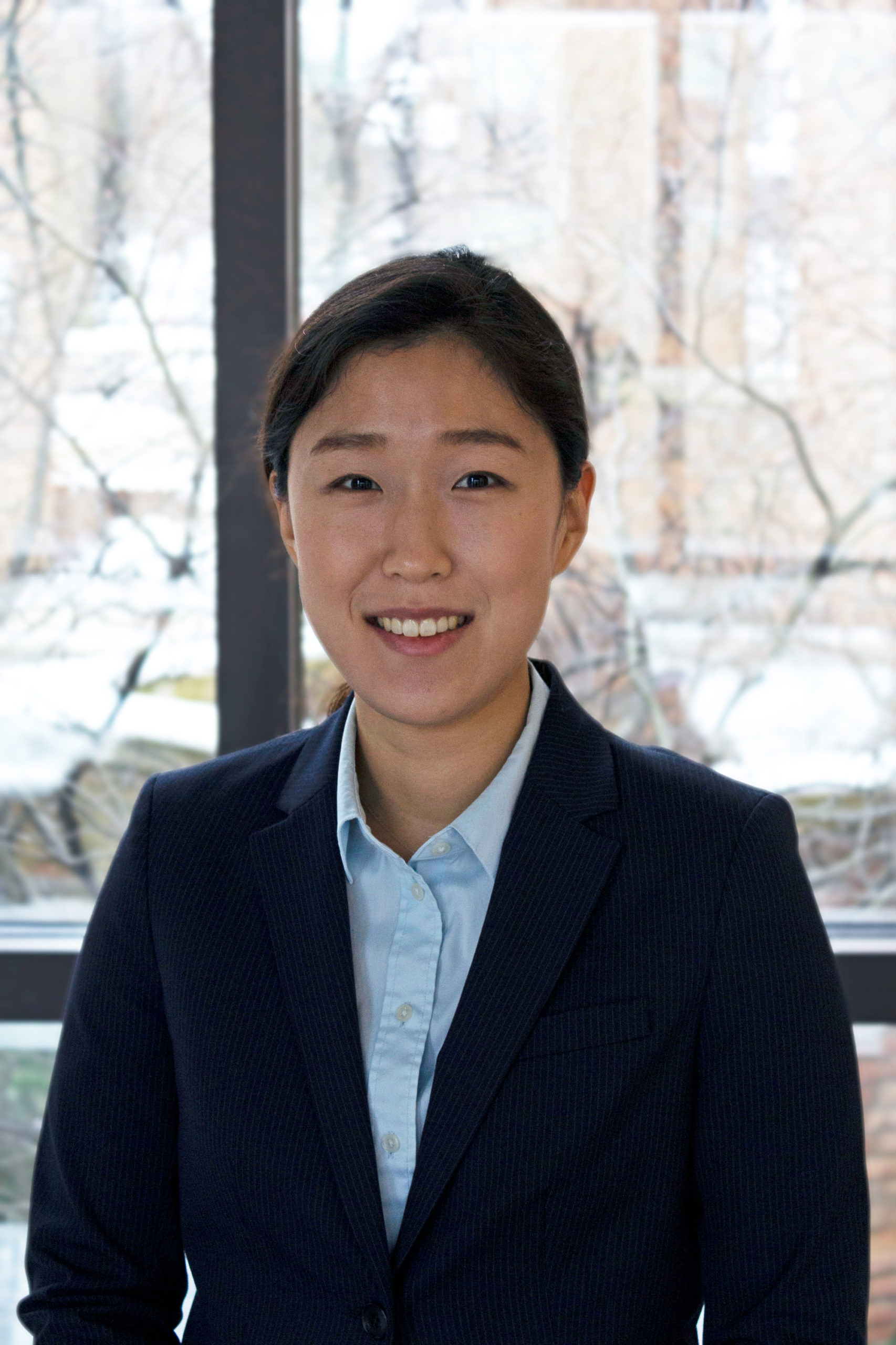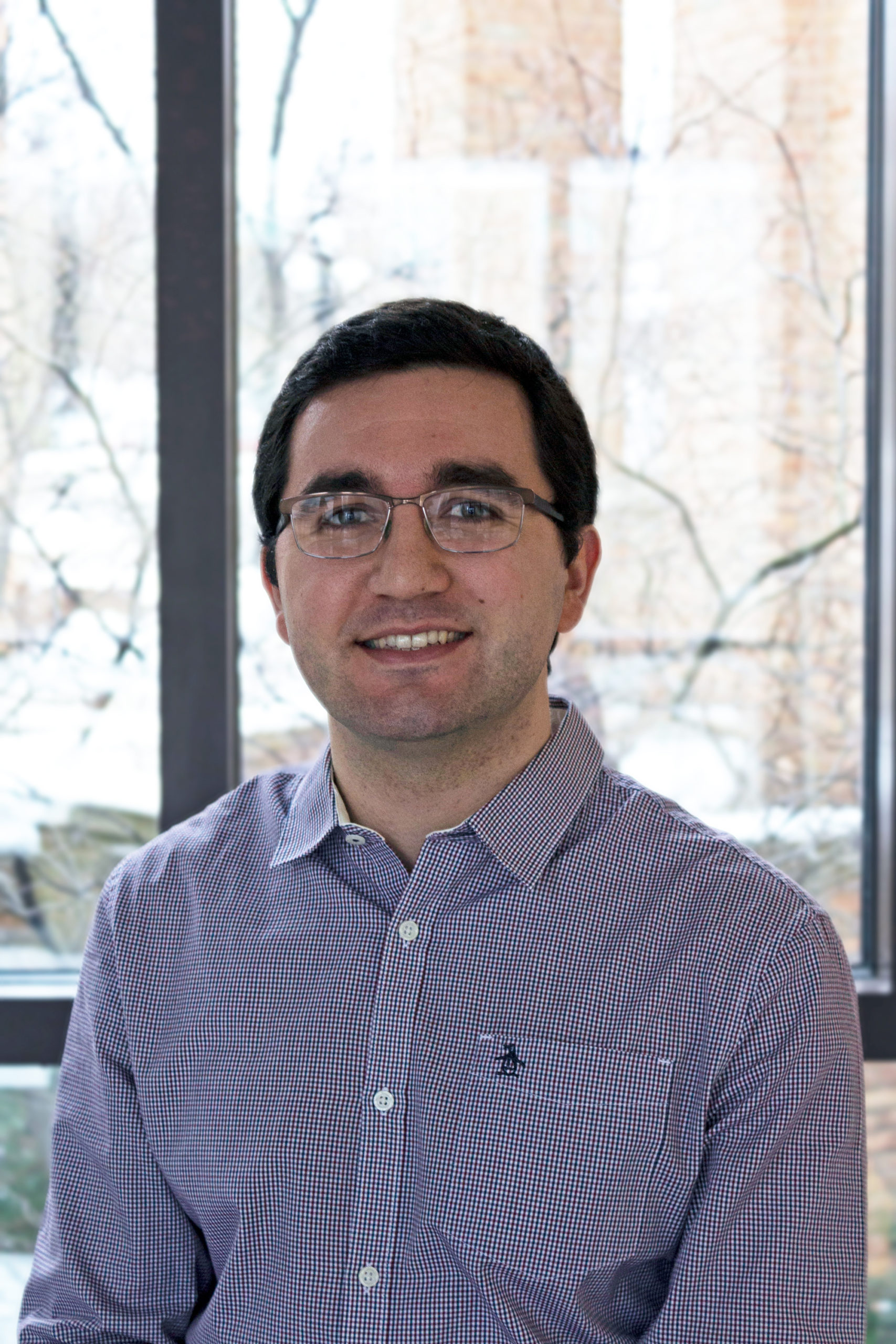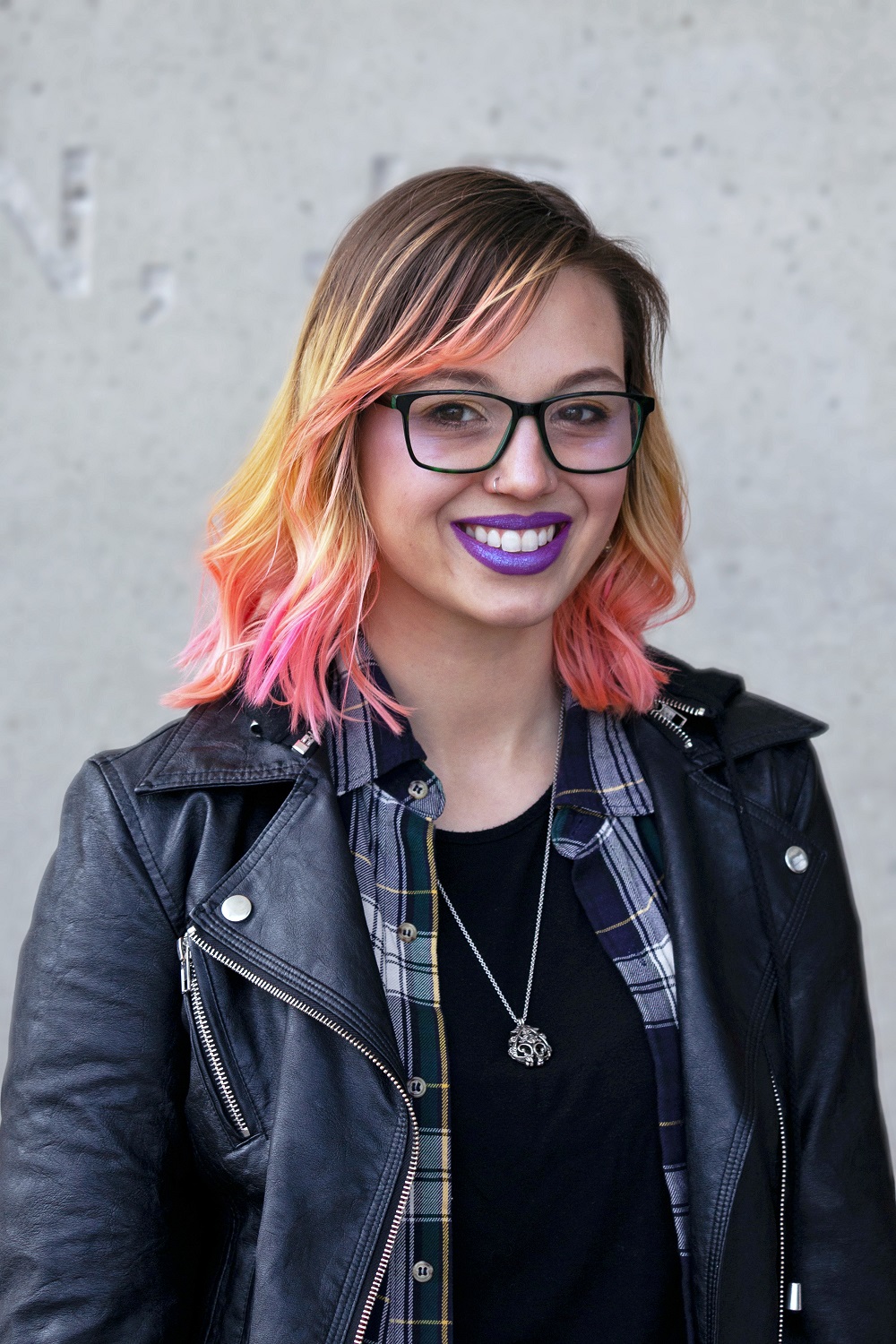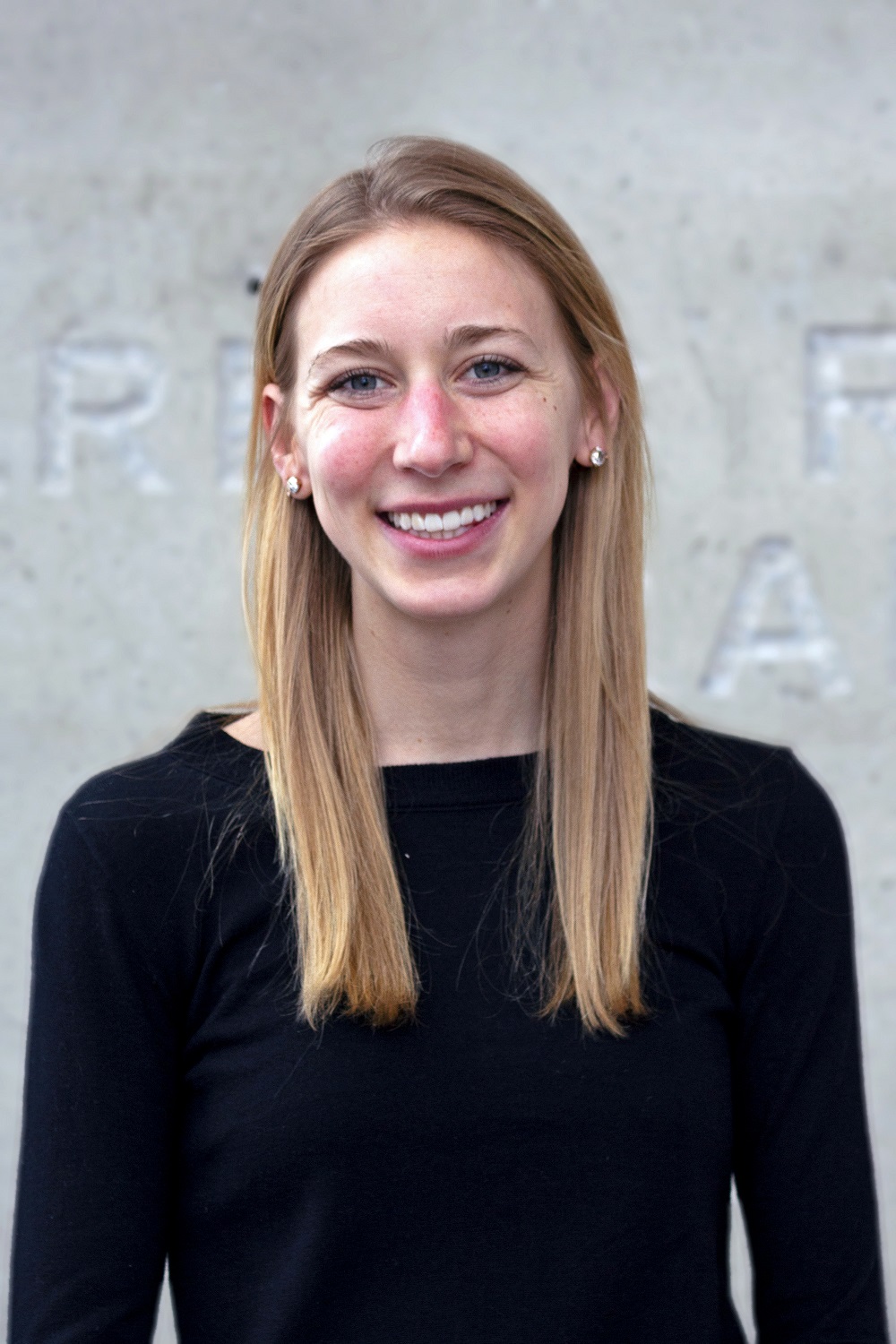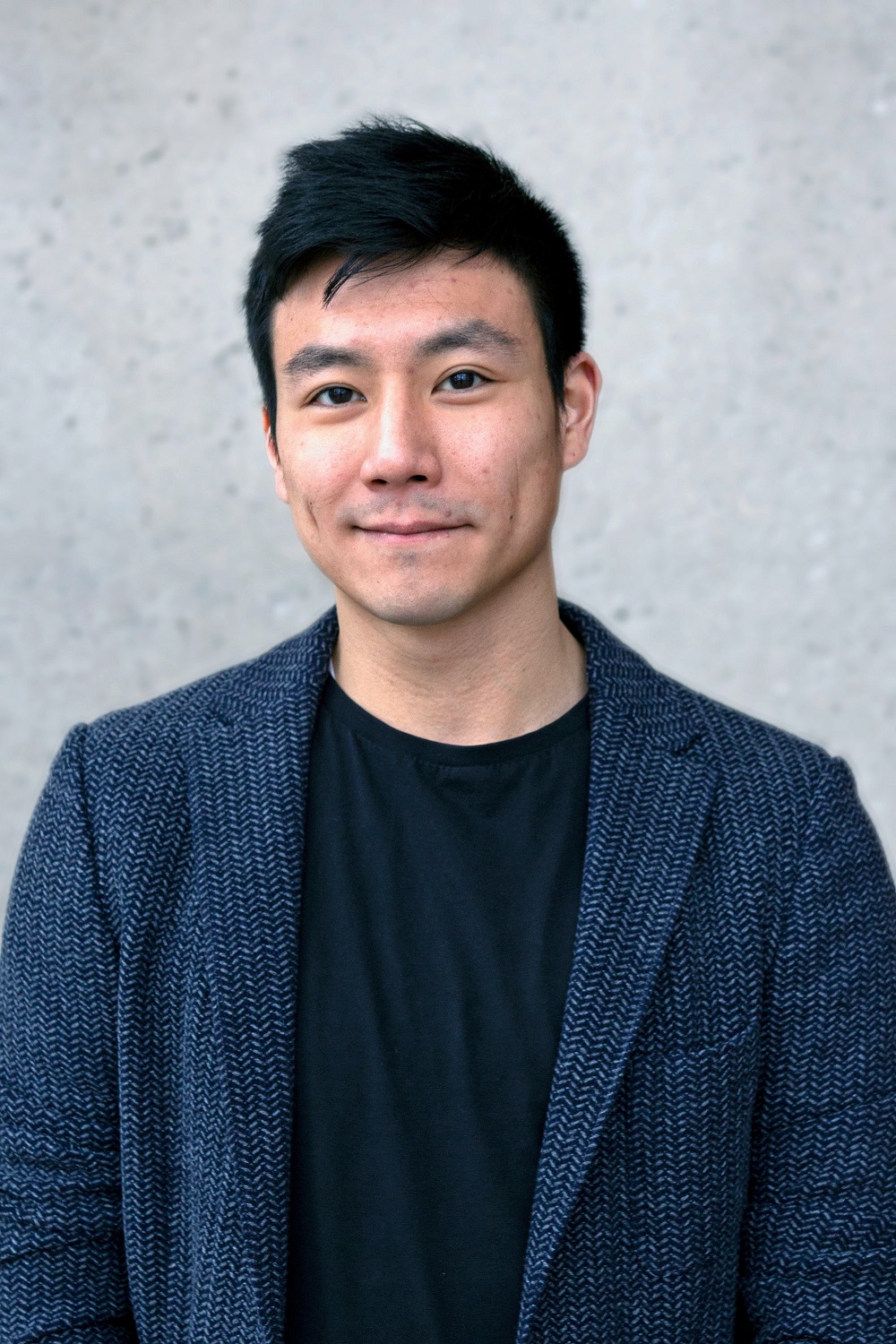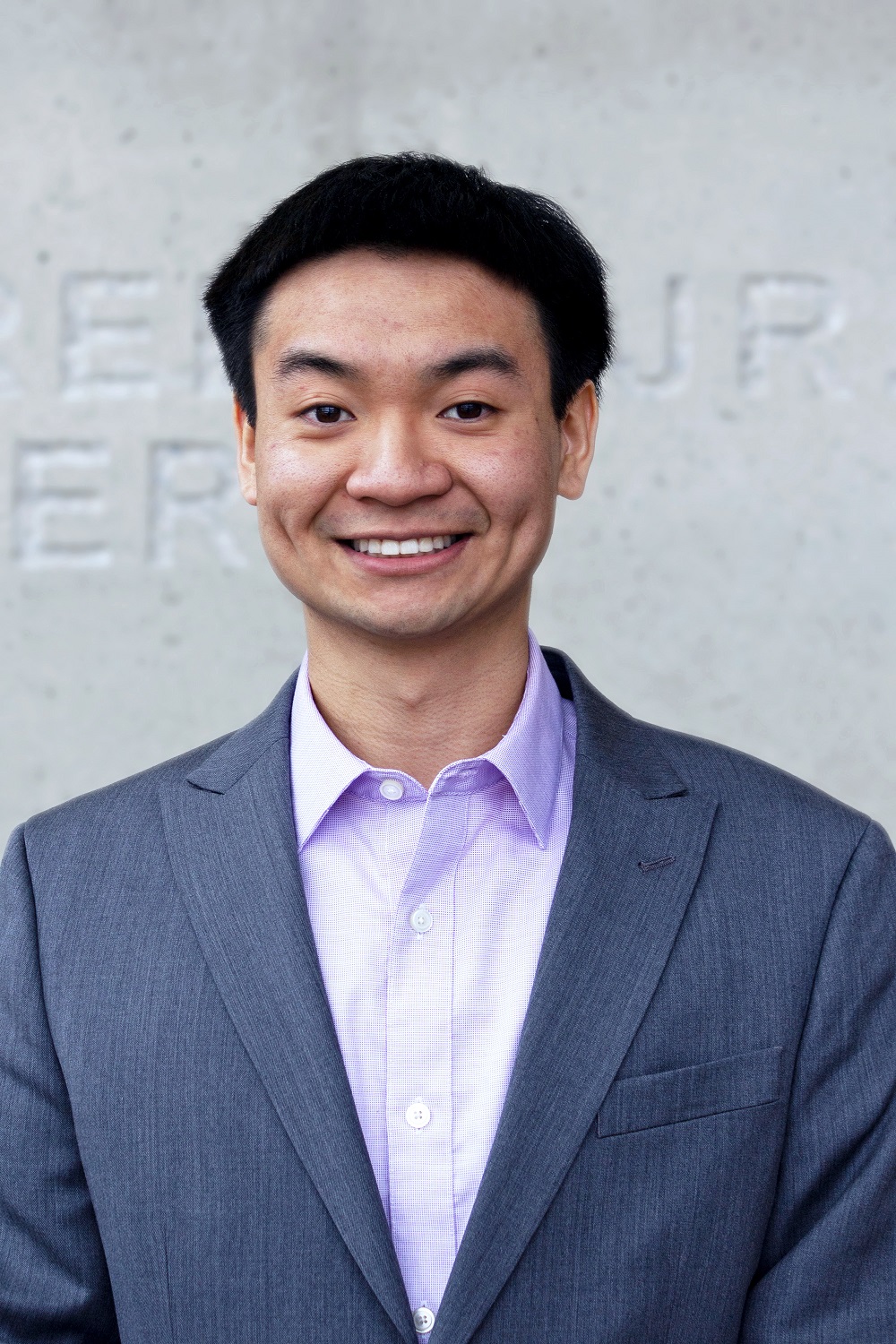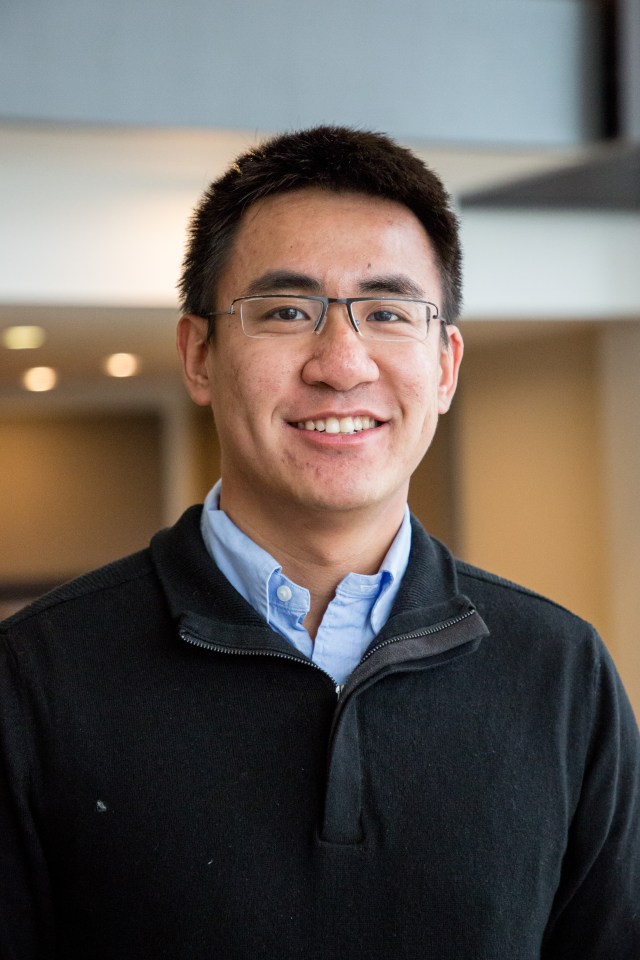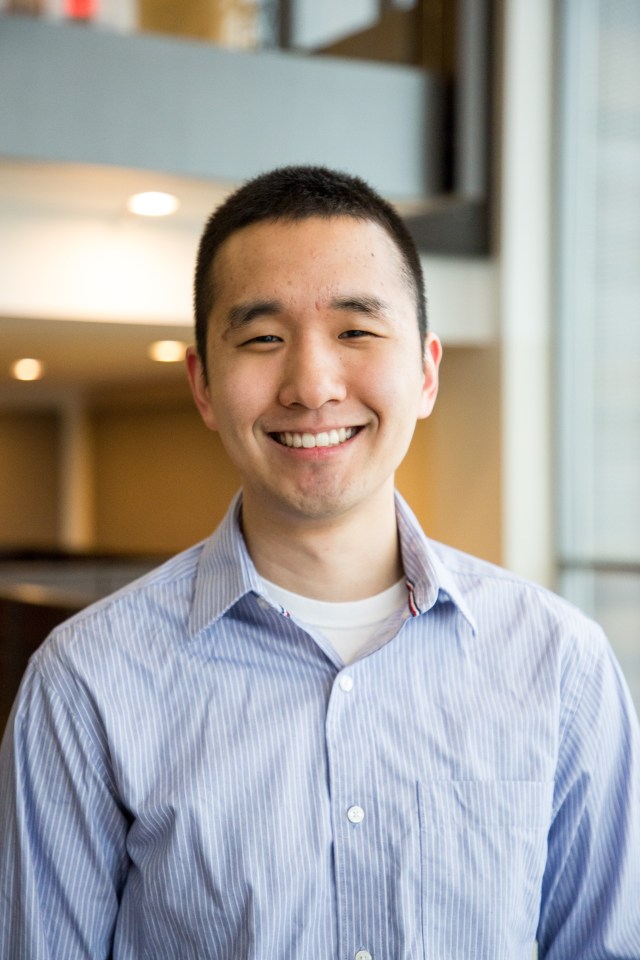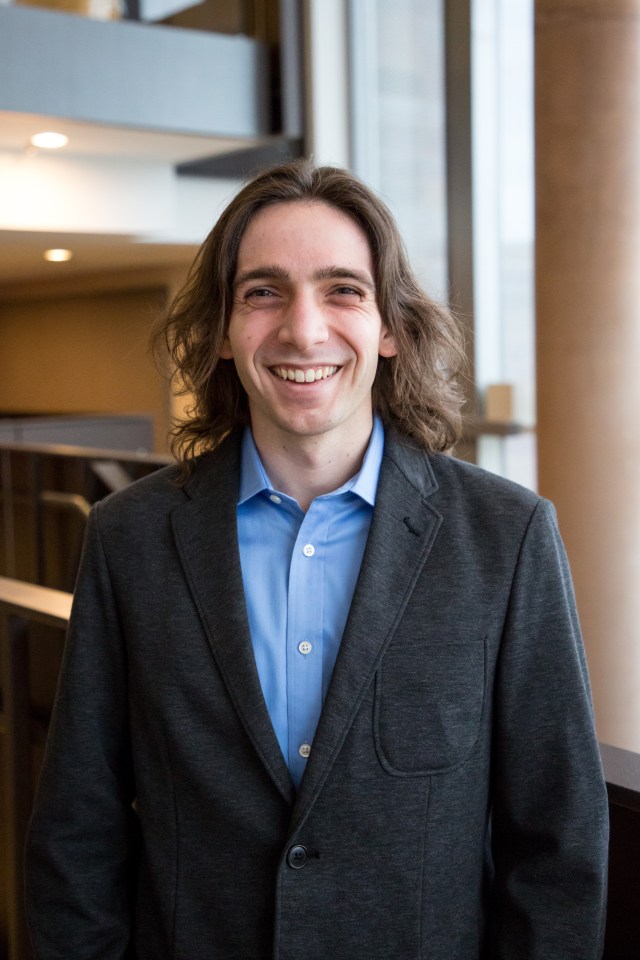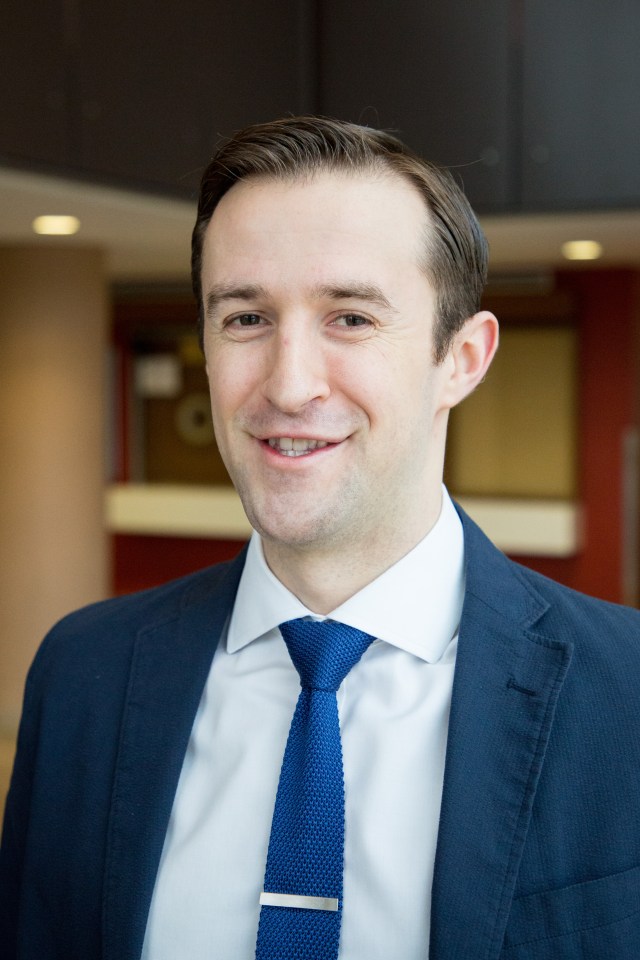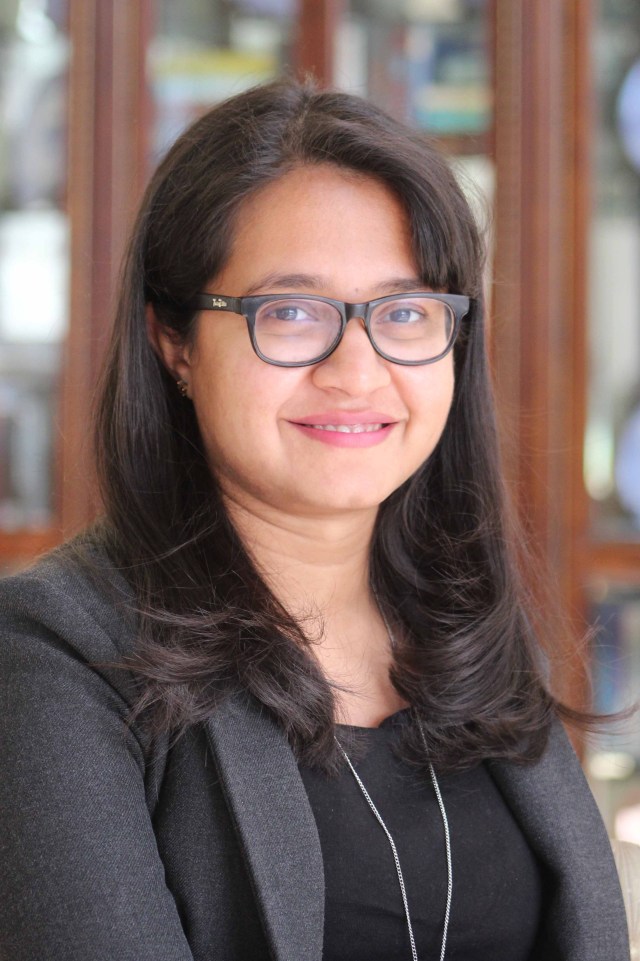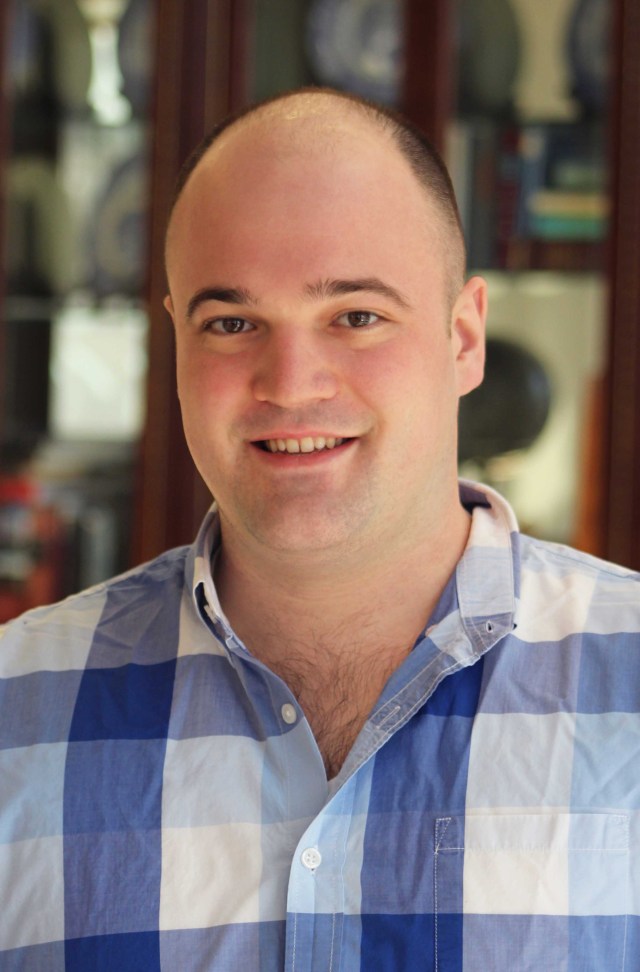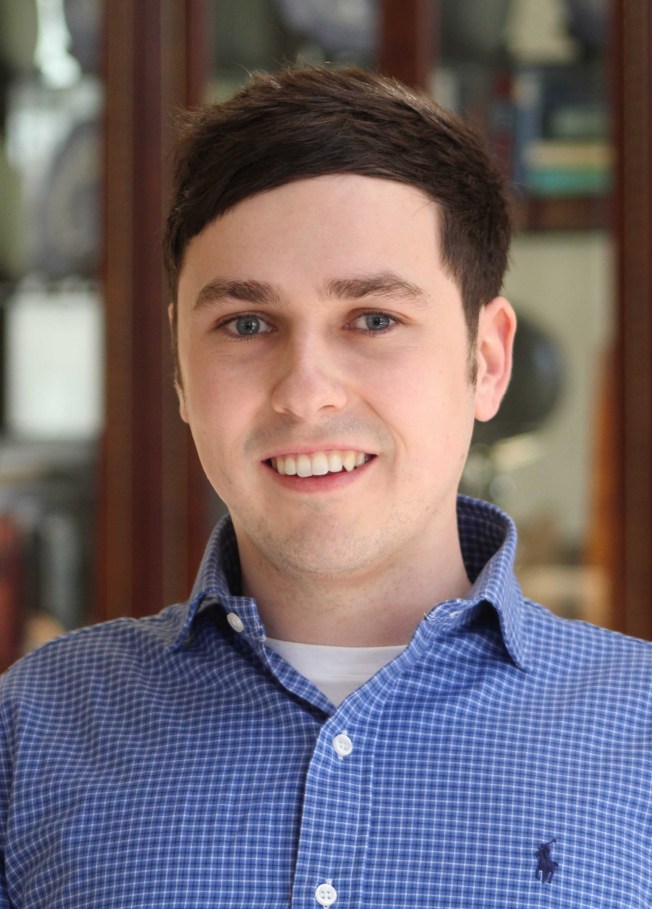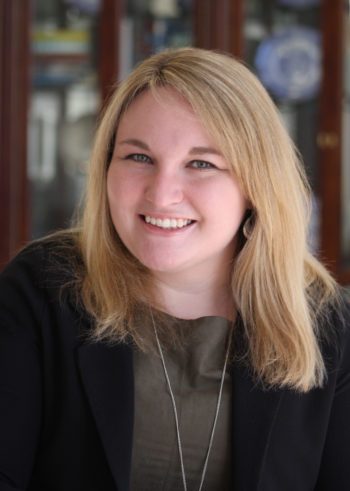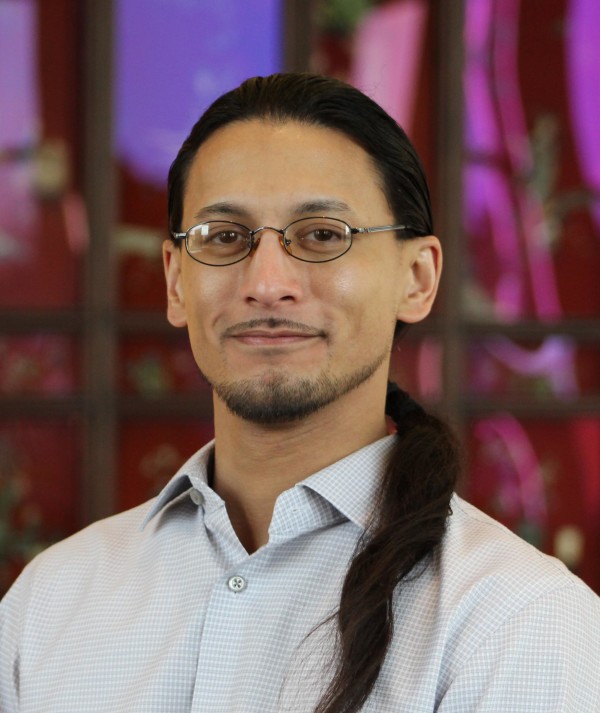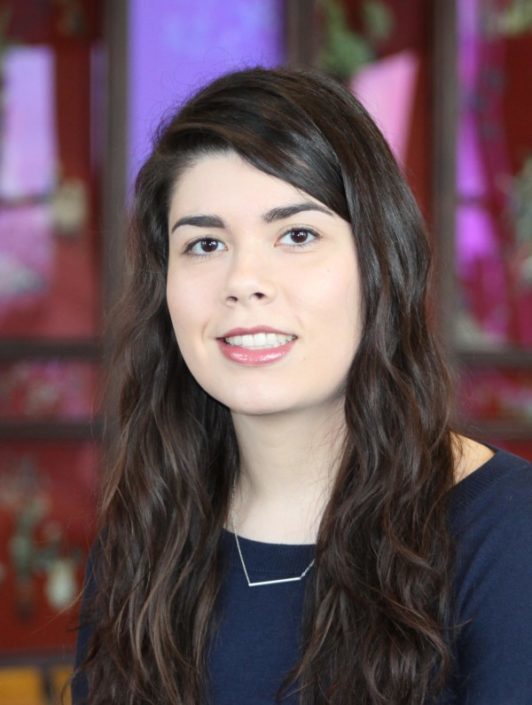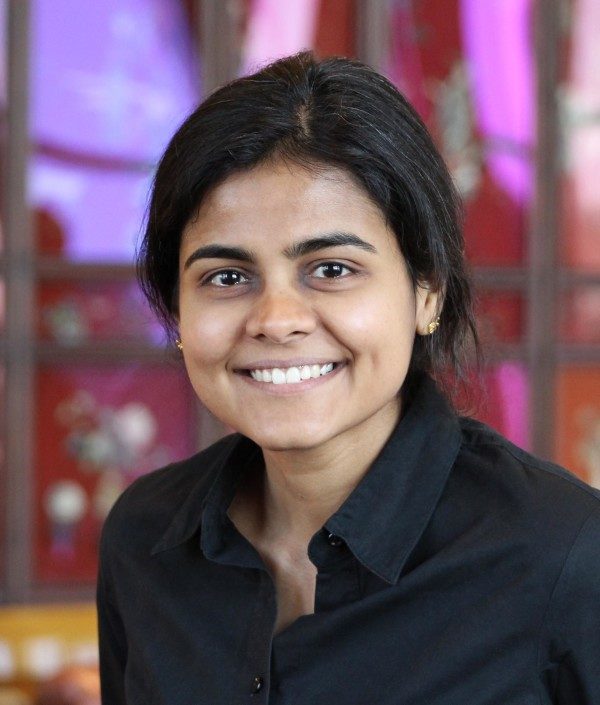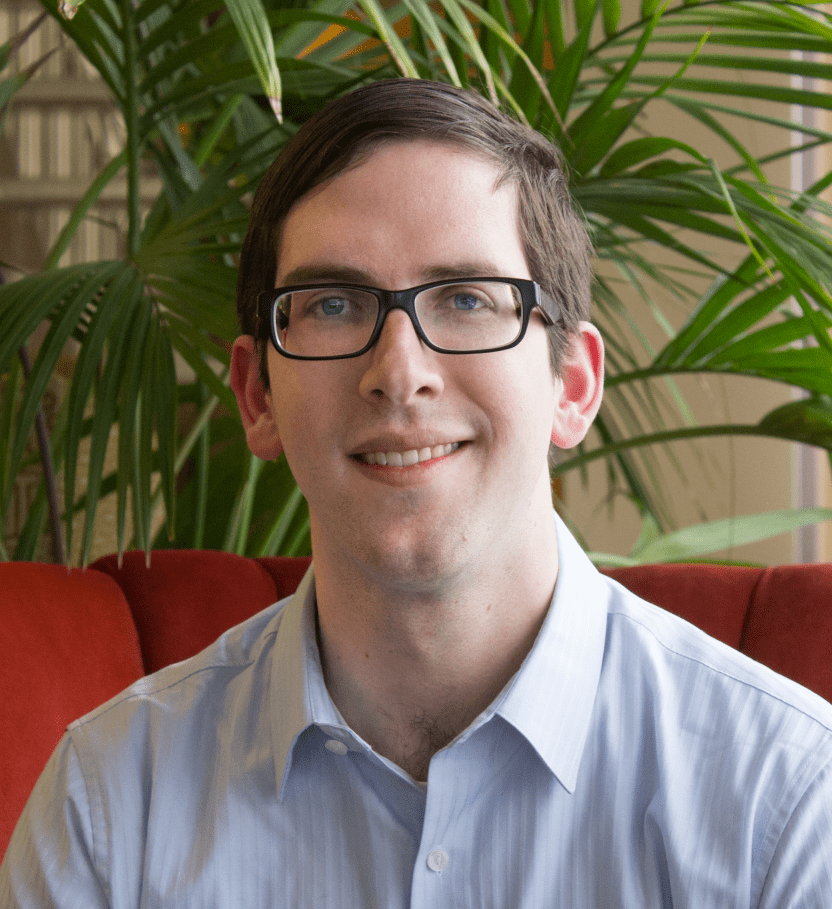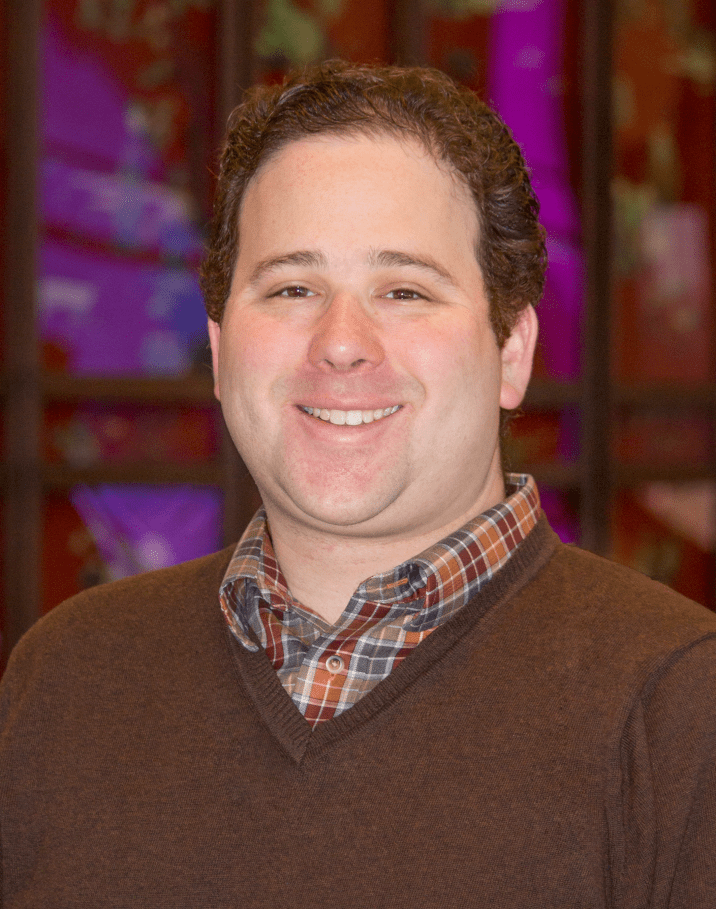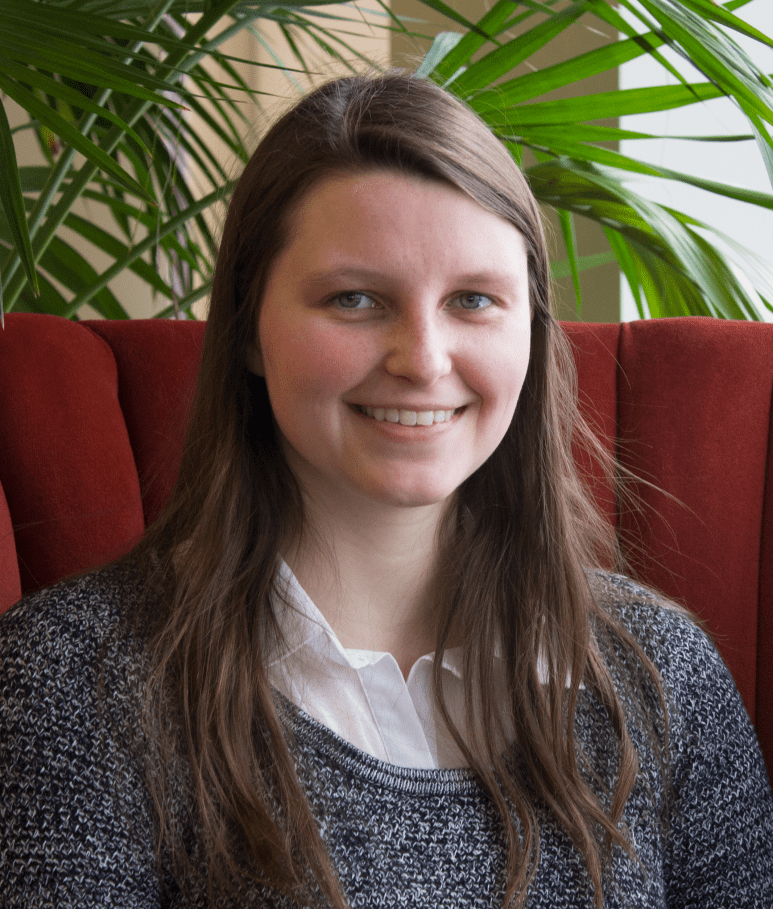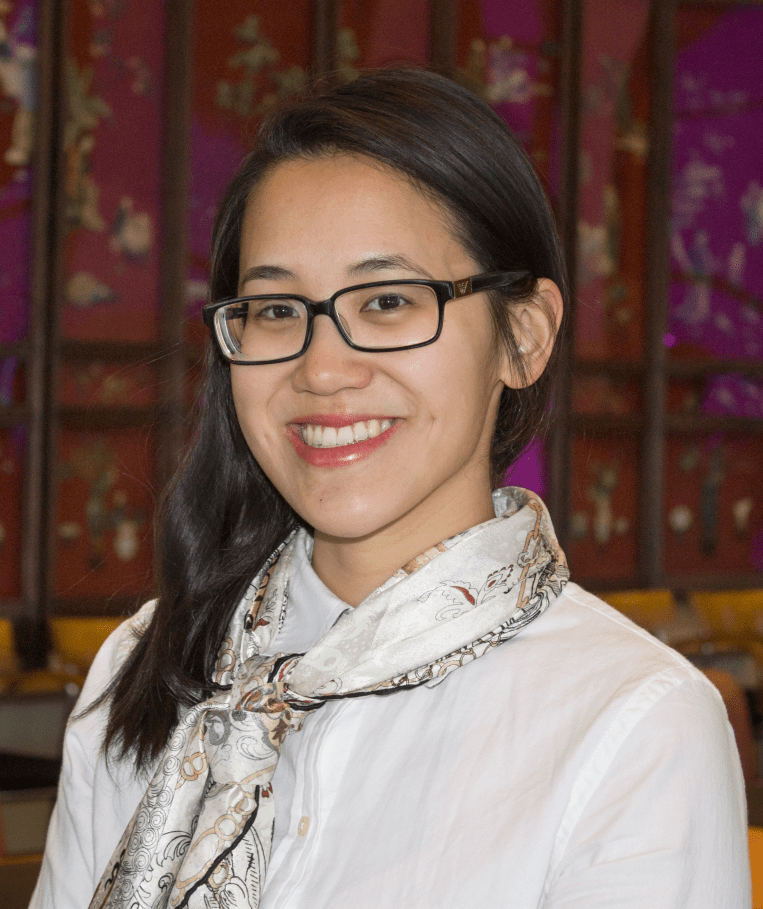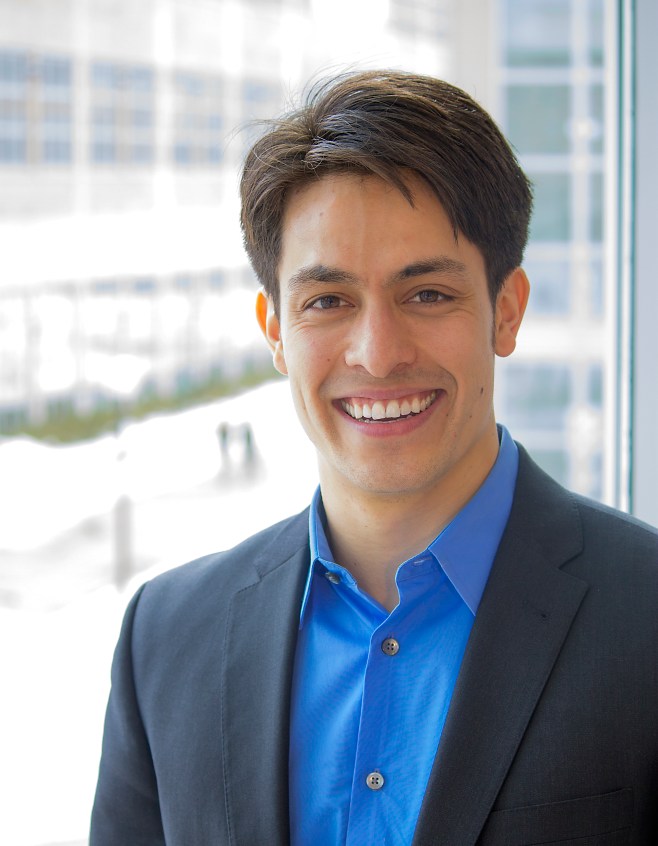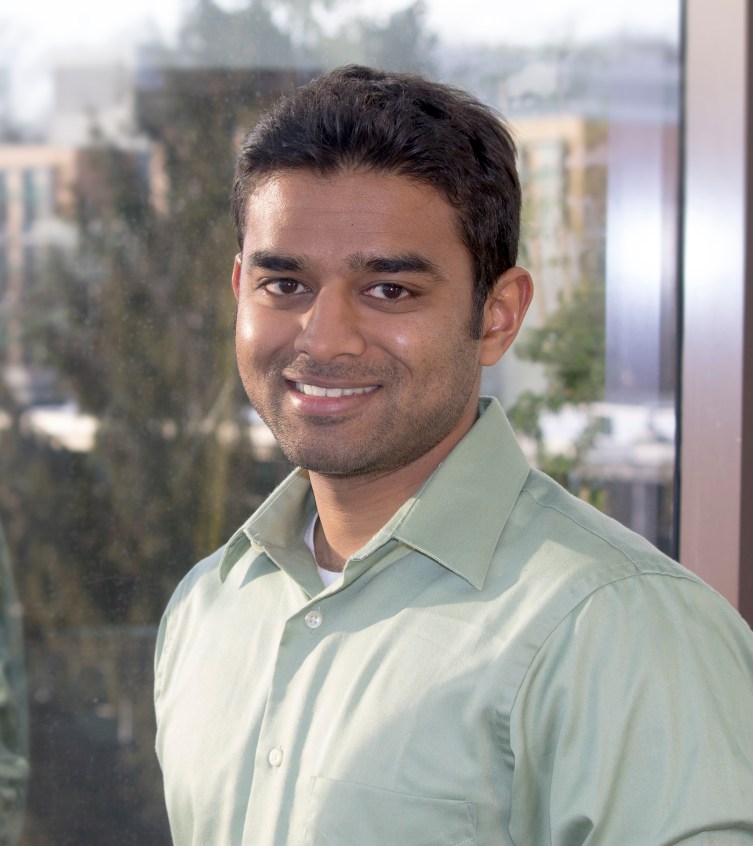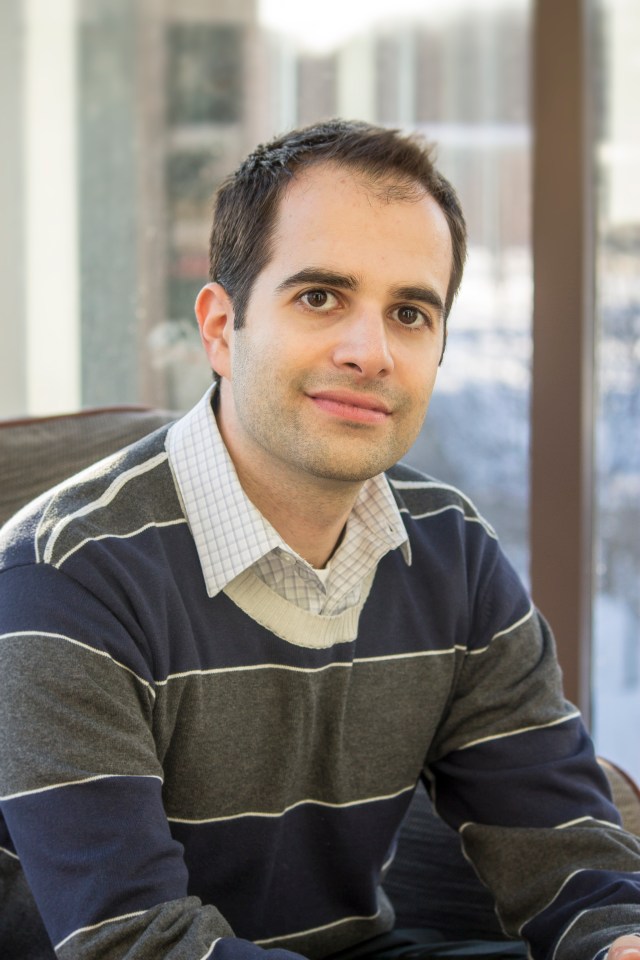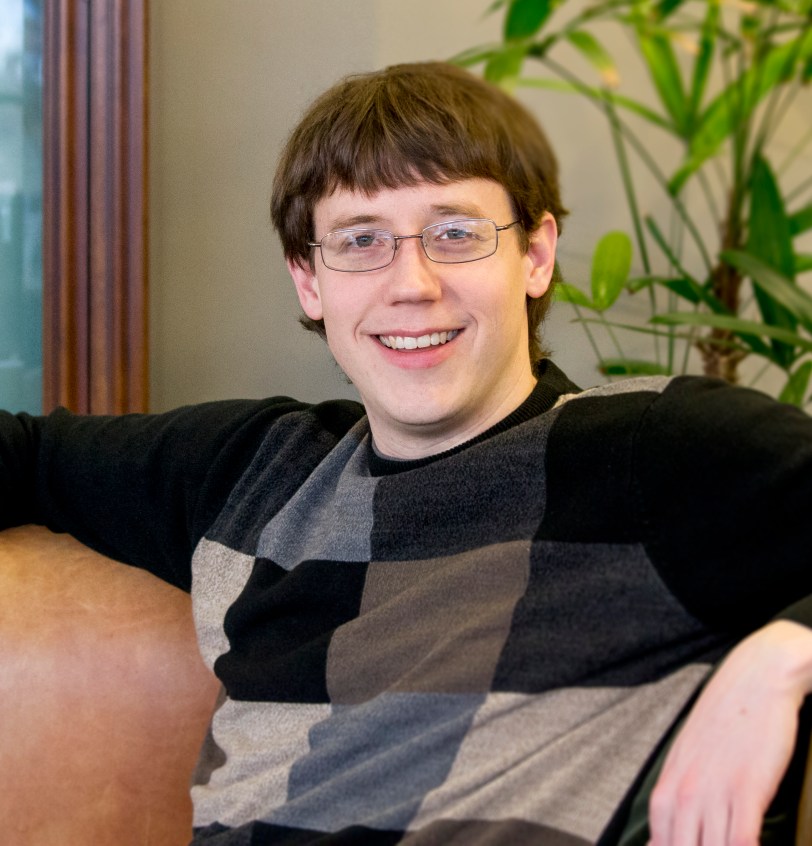Towner Prize Winners
Each year, the College of Engineering celebrates good teaching with the Richard & Eleanor Towner Prize for Outstanding Graduate Student Instructors.
2024 Winners
Yifan Li (IOE 463) showcased exceptional teaching abilities, integrating real-world experiences, active learning strategies, and industry collaborations to enhance student engagement and understanding in ergonomics and work design. Aditya Varma Muppala (EECS 553) demonstrated exceptional dedication and innovation as a GSI, implementing engaging teaching methods such as livestreaming discussions, personalized tutorials, and interactive problem-solving sessions, garnering unanimous praise from students for his deep understanding of the subject matter and patient, thorough explanations. Jana Pavlasek (ROB 102) exemplified outstanding leadership and mentorship in robotics research and education, demonstrating pioneering contributions to distributed inference methods for autonomous heterogeneous robot teams with a strong commitment to showcasing diversity and excellence in academia and beyond. Hang “Alex” Song (CEE 582) showed excellence in both research and teaching, demonstrating exceptional dedication, innovation, and mentorship in environmental engineering and microbiology education. Her transformative approach to laboratory instruction, including giving each lab team an unknown bacterial species to work with, exemplified her commitment to student success and engagement.

2024 Honorable Mentions: Audry-Rose Gutierrez, Weichen Huang, Paul Mokotoff, and Denislav Nikolov
2023 Winners
Patrick Doran (MECHENG 360) demonstrated his strong teaching skills by assisting in course design, creating and measuring learning objectives, and providing course materials that assisted multiple types of learning. Timothy Keebler (CLIMATE 102) engaged his 100-level meteorology students in a unique field experiment, measuring stadium temperatures to understand the flow of energy, and utilized an interactive platform to keep large lectures dynamic and inclusive. Mackenzie Warwick (NERS 491/492) integrated lecture material focused on the societal and cultural impacts of engineering, introduced key content that encouraged a broader perspective of impact, and implemented two lectures on written and oral communication with Dr. Stephanie Sheffield in addition to the specified curriculum of the NERS Undergraduate Program. Alexander Rees (MECHENG 395) created and provided the course with many high quality resources, also developing a straightforward file management system on Google Drive for future instructors to effortlessly access materials and resources from previous years.

2023 Honorable Mentions: Cameron Kabacinski, James Tan, Jana Pavlasek
2022 Winners
Travis Dantzer (CEE 428) introduced automated parameter estimation and sensitivity testing to groundwater hydrology labs and the final project in CEE 428 and a software tool for drawing geologic cross-sections in order to enhance students’ understanding. Stefany Escobedo (EECS 461) demonstrated how to be an involved and innovative instructor during a global pandemic by implementing the use of technology, such as Zoom, in creative and flexible ways so that students could be immersed in her teachings. Aaditya Hambarde (EECS 216) dedicated his teaching to ensure that every student was respected and accommodated, evident by the flexibility and kind consideration shown in his classroom and the accessibility of the information he taught. Alexander Hill (ChE 342) brought his best teaching forward by using an innovative and creative approach to education, stemming from his prior experiences as a student and his dedication to put his students’ education first.
Yiqiao Huang (MATSCIE 250/365) designed innovative extensions to experiments and in-class demonstrations that encourage students to receive a richer experience well beyond the obvious approaches. Jordan Noey (NERS 586) designed and implemented a conventional lab that could model radioactive contamination so that students are more prepared and trained for emergency situations that could not be previously replicated. Jule Schatz (EECS 183) acknowledged and understood the systematic inequalities that minoritized students face due to a virtual class environment, and in order to help these students, Jule designed and taught two new lab sections to foster community and growth. Karthik Urs (ME 350) improved his students’ education by introducing innovative improvements to the lab portion of his course throughout his many semesters of teaching.
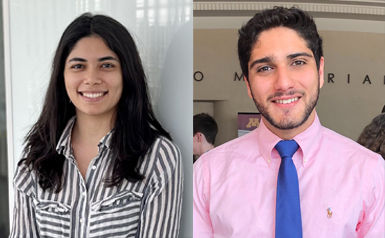
2022 Honorable Mentions: Tribhi Kathuria (ROB); Daniel Sousa Schulman (ME).
2020 Winners
Abigail Azari (CLaSP 423) developed an interactive lab series for the first offering of CLaSP 423 to encourage students’ understanding in the intersection of climate, space, and data analysis. Michael Hua (NERS 211) completely rewrote a course, given to him one month before it began, to engage students and incorporate diversity, inclusion, and collaboration in all aspects of his classroom. Christina Kang-Yun (CEE 482/582) went above and beyond to make herself approachable and flexible with any student in her class, striving to tailor her approach to each student’s learning preferences while challenging students to help them grow. Brian Raeker (EECS 330) organized lab tours, invited guest lecturers, and revised lab manuals to facilitate the learning process for students while emphasizing the real-world applications of their learning.

2020 Honorable Mentions: Shamsheer Chauhan (AERO); Maithili Patel (ME); Niloufar Salehi (ChE); Michael Wang (MSE).
2019 Winners
Nel Escher (EECS 183) realized that the CSE tutoring network had no mechanism for confidential feedback, so she created the tutor feedback system that EECS 183 now uses; Mary McMeekin (ME 250) showed great initiative by developing “Lecture to Lab” slides to present at each ME 250 lab section, in order to help bridge the disconnect between lecture material and its application to the lab projects; Tony Shin (NERS 535) created an alternative assignment for his students who, due to a recent change in the licensing, were unable to acquire a simulation software often used in the NERS 535 course; Phillip Yang (BME 241 & 458) went above and beyond for his BME students, often opening the lab early and staying late when his students needed help finalizing the details for their projects.
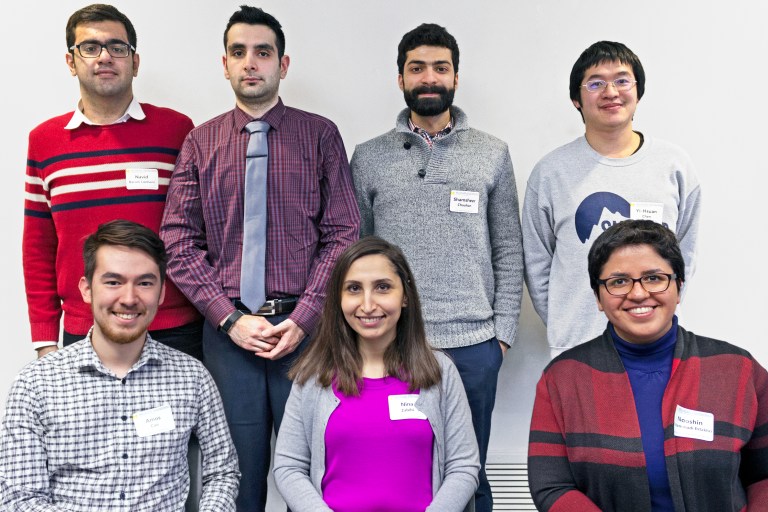
2019 Honorable Mentions: Navid Barani Lonbani (ECE); Amos Cao (BME); Shamsheer Singh Chauhan (AERO); Yi-Hsuan Chen (CLASP); Houtan Jebelli (CEE); Nooshin Mohammadi Estakhri (ECE); Ritz S Raju (NERS); Dieon Roger (ISD); Kai Wu (NAME); Nina Zabihi (CEE).
2018 Winners
Chaozhe He (ME 542) revolutionized the structure of his course by creating a final project that challenges students to apply the knowledge they learned in lecture. The students work in teams and design a race car controller to compete against other teams in a mini Formula One race; Jin Woo Lee (ME 211) created 3D printed, customizable models that students can use to simulate the problems given to them in class in order to elevate their learning experience from mere memorization to total conceptualization and understanding; Isaac Spiegel (ME 360) writes practice problems for his students that specifically target the areas in which they are having difficulty so that he can completely flesh out the concept for their benefit; Yevgeniy Yesilevskiy (ME 350) uses humor in his interactions with students to liven up his long discussion sections and to build approachable, dynamic personality with whom students feel comfortable asking questions and reviewing material.
2017 Winners
Amrita Chaudhury (BME 451/452) encourages students in her senior capstone design course to combine critical thinking skills with imagination and resourcefulness; Patrick Pannuto (C4CS) conceived, designed, and initiated the course Computing for Computer Scientists, which has grown to over 600 students registered in the last year; Nathan Sawicki (EECS 216 & 351) developed music-based projects which were highly interactive, enabling students to absorb a large amount of information without feeling overwhelmed; Emily Speakman (IOE 202) used real-world problems, in which she helped students use both algebraic approaches and practical experiences.
2016 Winners
Vidal Borromeo (EECS 381) created a robust learning environment centered on over 14 weekly office hours, 12 hour review sessions, and innovative learning tools to remember key concepts; Emily Herbert (ENGR 100) designed a new section of ENGR 100 based on the BLUElab Living Building Challenge; Ramya Kumar (ChE 330) incorporated new active learning techniques into her class to allow students to engage and be inclusive of all students; Sahithya Reddivari (CEE 325) redesigned the course’s labs to emphasize learning through real-world examples.
2015 Winners
Jonathan Beaumont (EECS 470) redesigned the course’s labs and projects to use a more industry-standard language thus increasing accessibility and reducing student “busy work”; Michael Benson (ENGR 101) rewrote and enhanced his course’s autograders such that students could obtain instantaneous feedback on their coding projects before turning it in, leading to better student understanding of algorithms and debugging; Julie Fogarty (CEE 415) created new virtual reality tools to help students better understand complex spatial arrangements by viewing them in three-dimensional space; Mai Le (EECS 451) developed new active learning activities specific to the course material in order to address multiple learning styles.
2014 Winners
Alex Burnap (ME455-DESCI502) designed class activities to engage students with the course content and developed a new interactive class website, which was integrated with CTools; Sakib Elahi (BIOMED 458) developed new course material to assist students with technical communications and error analysis and applied the principles of the Kolb learning style inventory to teach in a manner that reached all of his students; Hamid-Reza Ossareh (EECS 560) created interactive study guides for each class session to summarize key principles and illustrate concepts using real world examples; Bryce Wiedenbeck (ENGR 151) designed new laboratory projects to support students at many academic levels.
2013 Winners

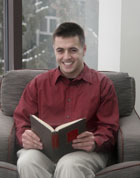
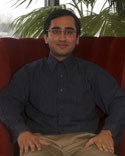
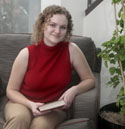
Apoorva Bansal introduced relevant and creative problem-solving exercises to demonstrate real-world applications of MATLAB and C++; Connor Moelmann proactively redesigned the SolidWorks software tutorials for ME 250 and designed a remote-controlled machine to help students conceptualize the design process; Jay Patel created a comprehensive solution code for EECS 461 lab exercises and masterfully employed “pointed questions” and Holly Tederington implemented student-question driven active learning techniques in the classroom, and designed a workshop to train new GSIs and IAs in EECS 280.
2012 Winners
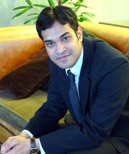
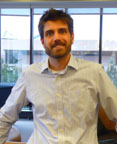
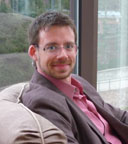
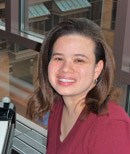
As a GSI for a senior design course, Shaurjo Biswas (MSE 489), worked diligently to provide guidance for all aspects of the 10 different team projects. Andrew DeOrio (EECS 470) created special virtual office hours, which allowed him to interact with a large number of student teams and view their computer codes simultaneously.Incorporating active and innovative teaching methods such as mobile technology and engaging in education research are just a few aspects of Marcial Lapp’s (IOE 202) commitment to teaching. Shani Ross refined the laboratory modules for BME 241 and provided careful feedback on lab reports to improve student learning.

